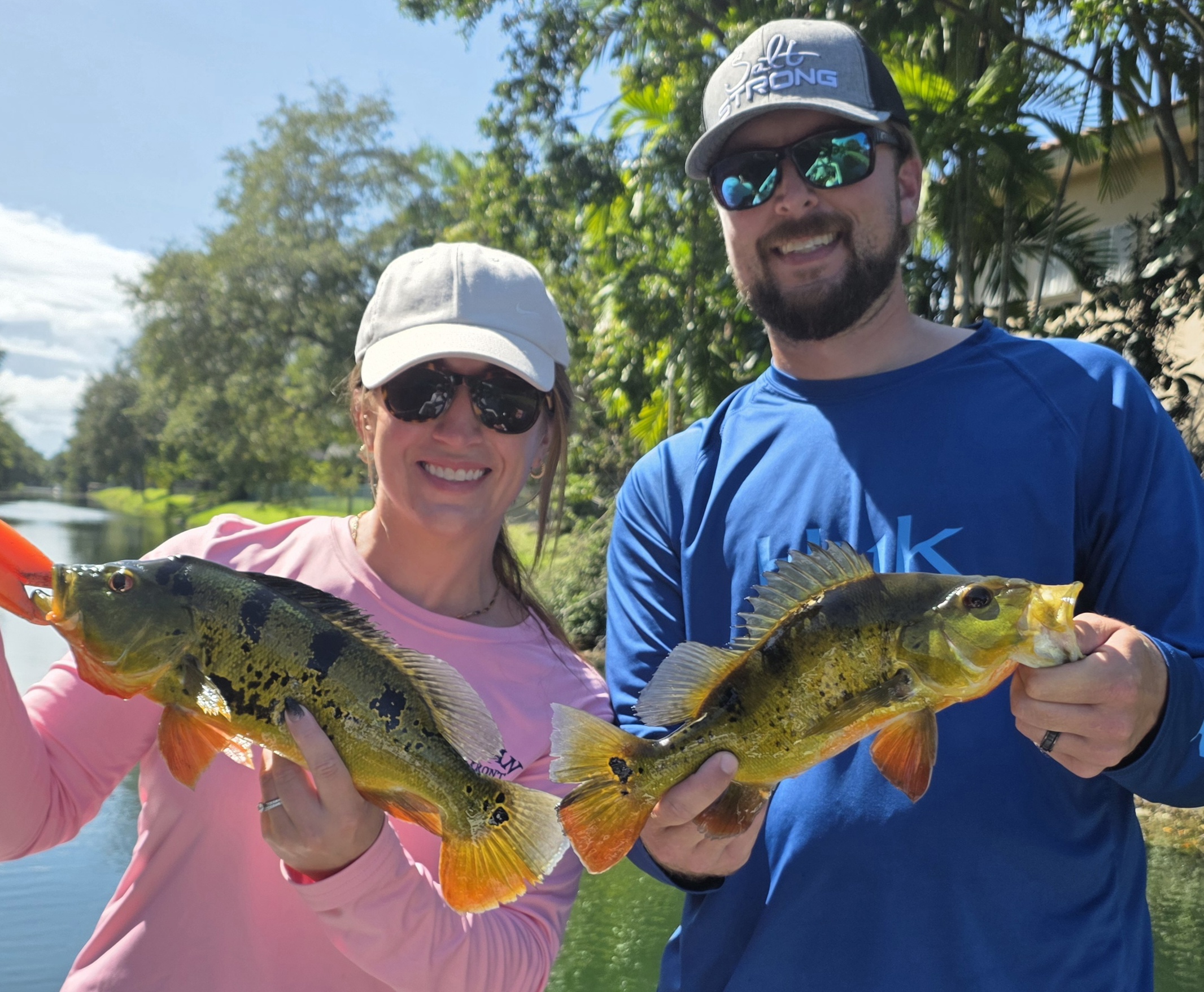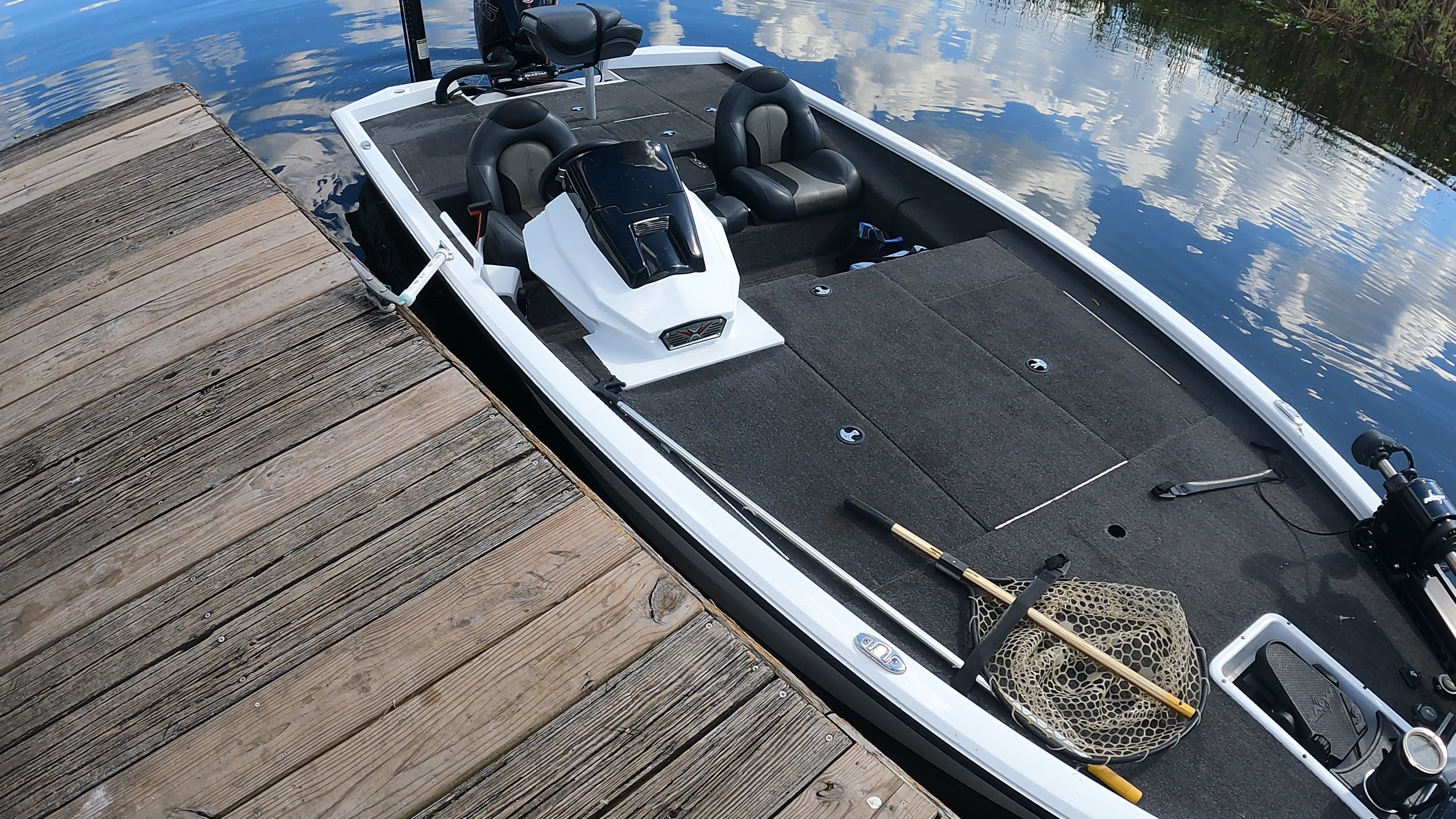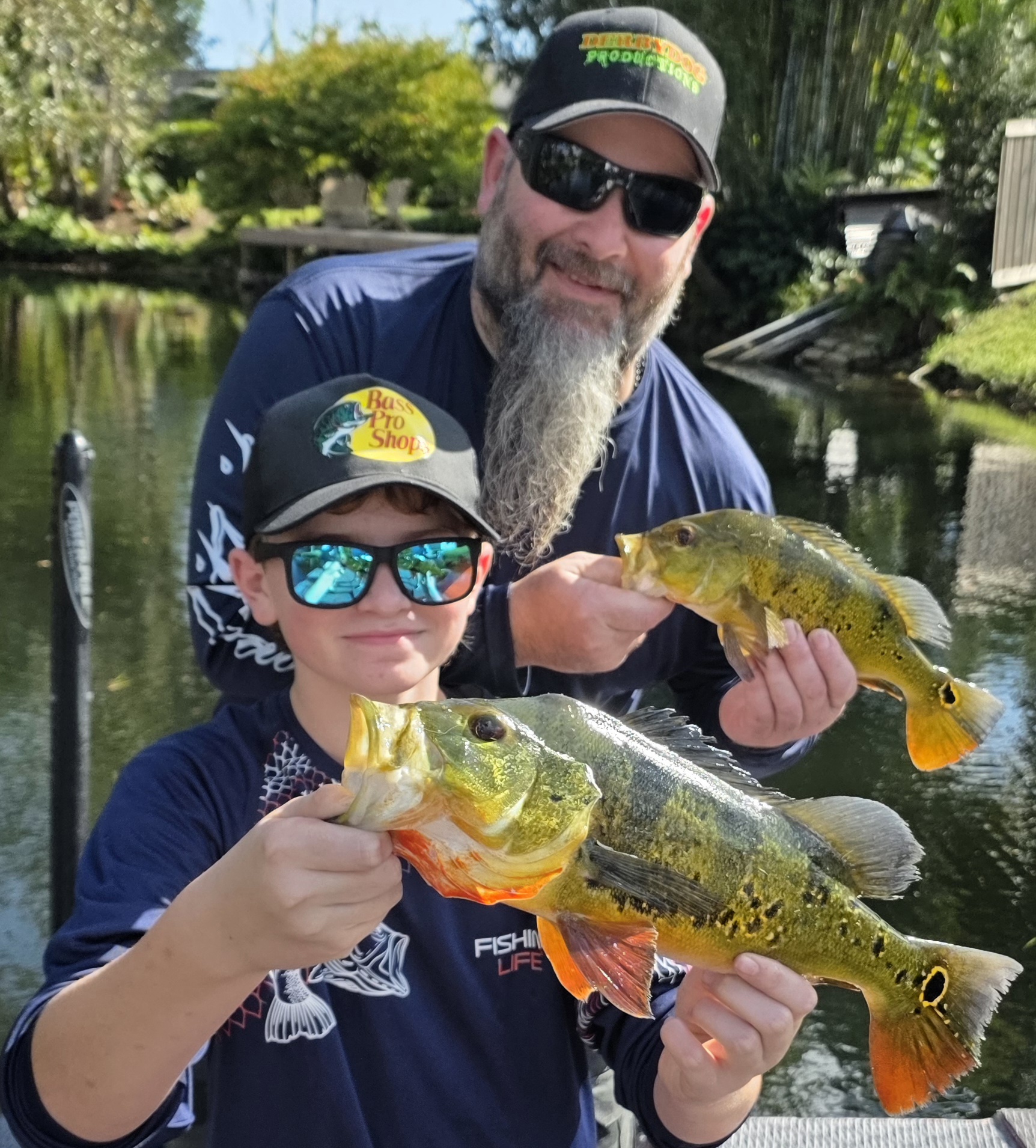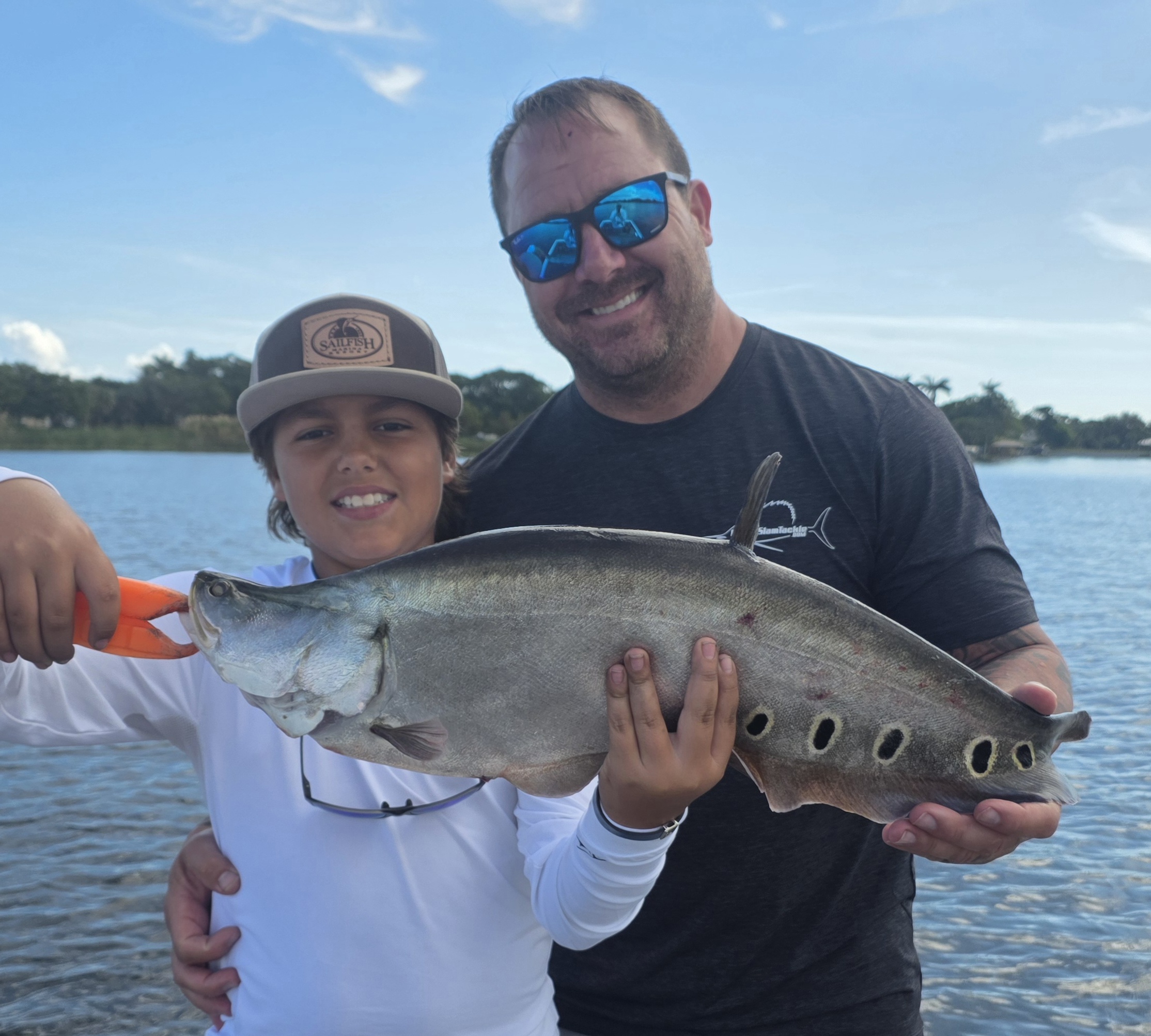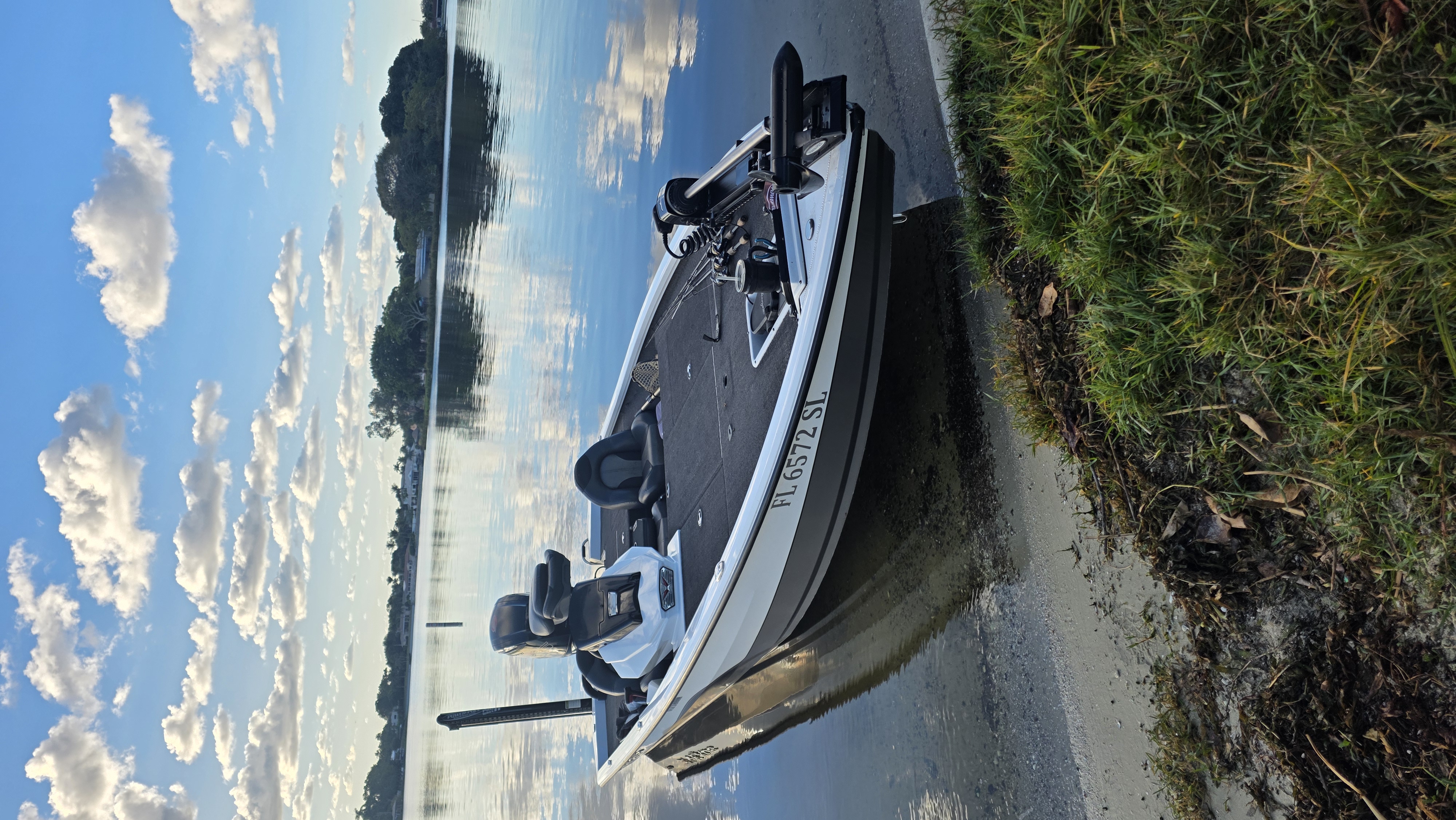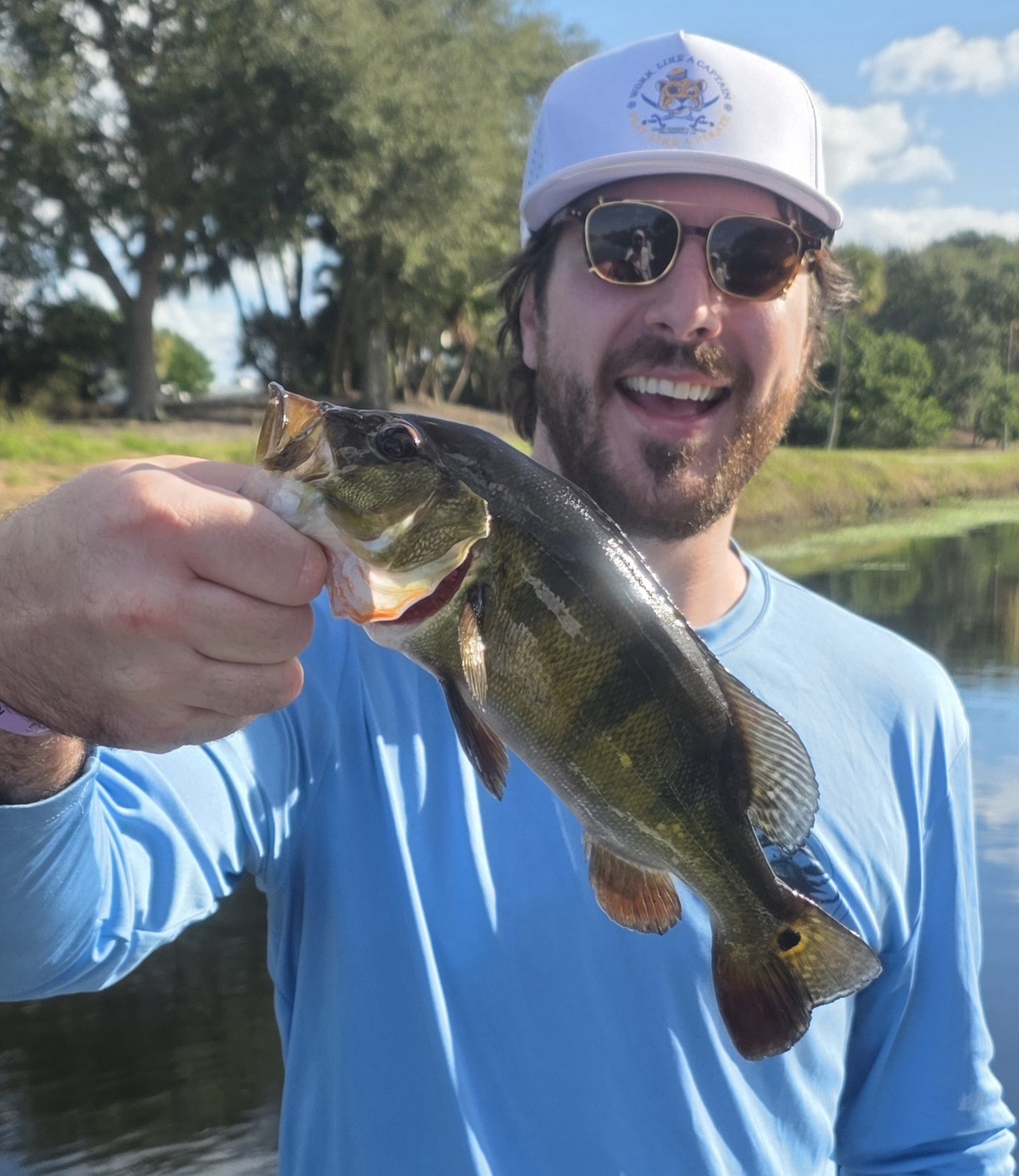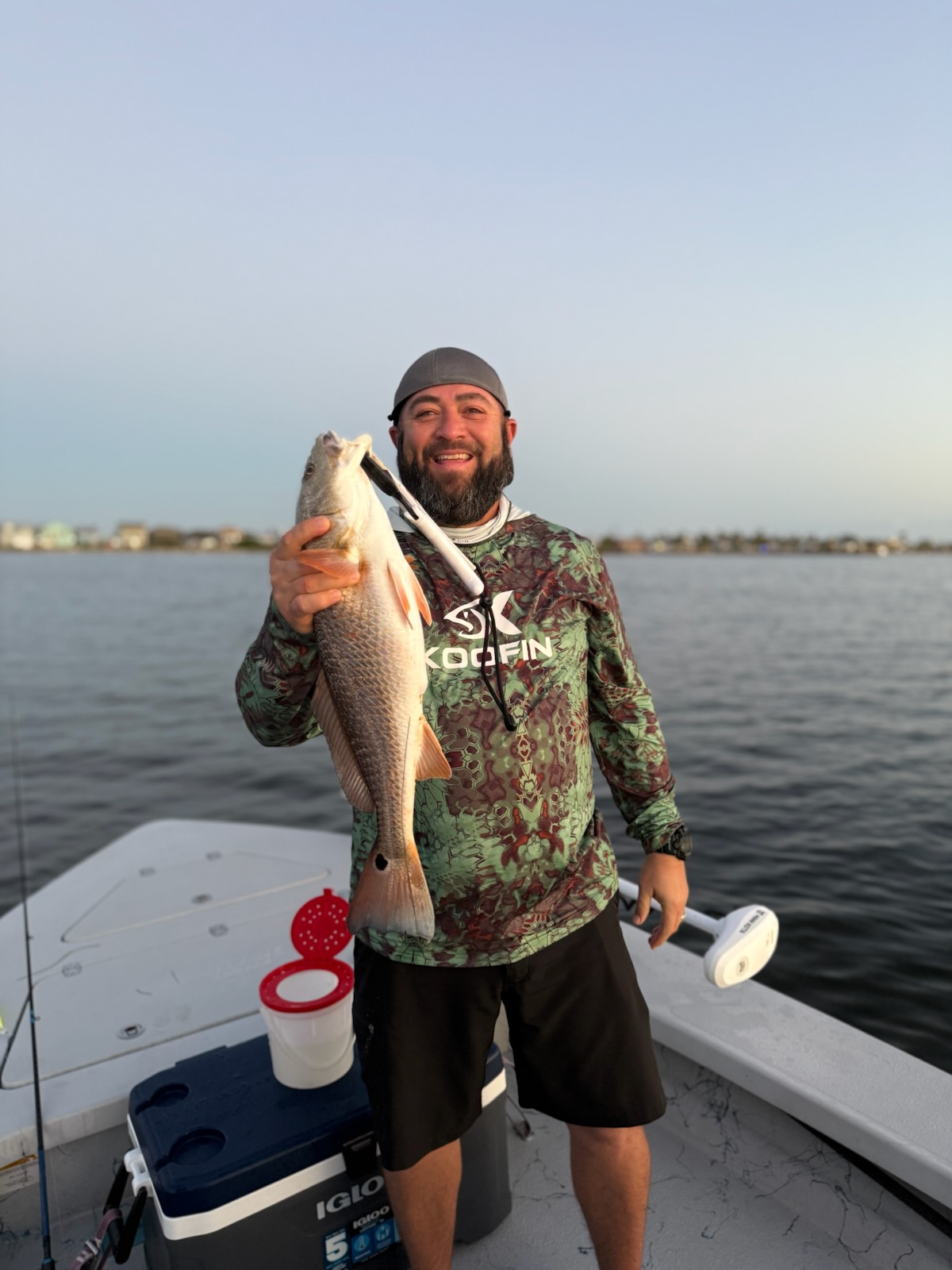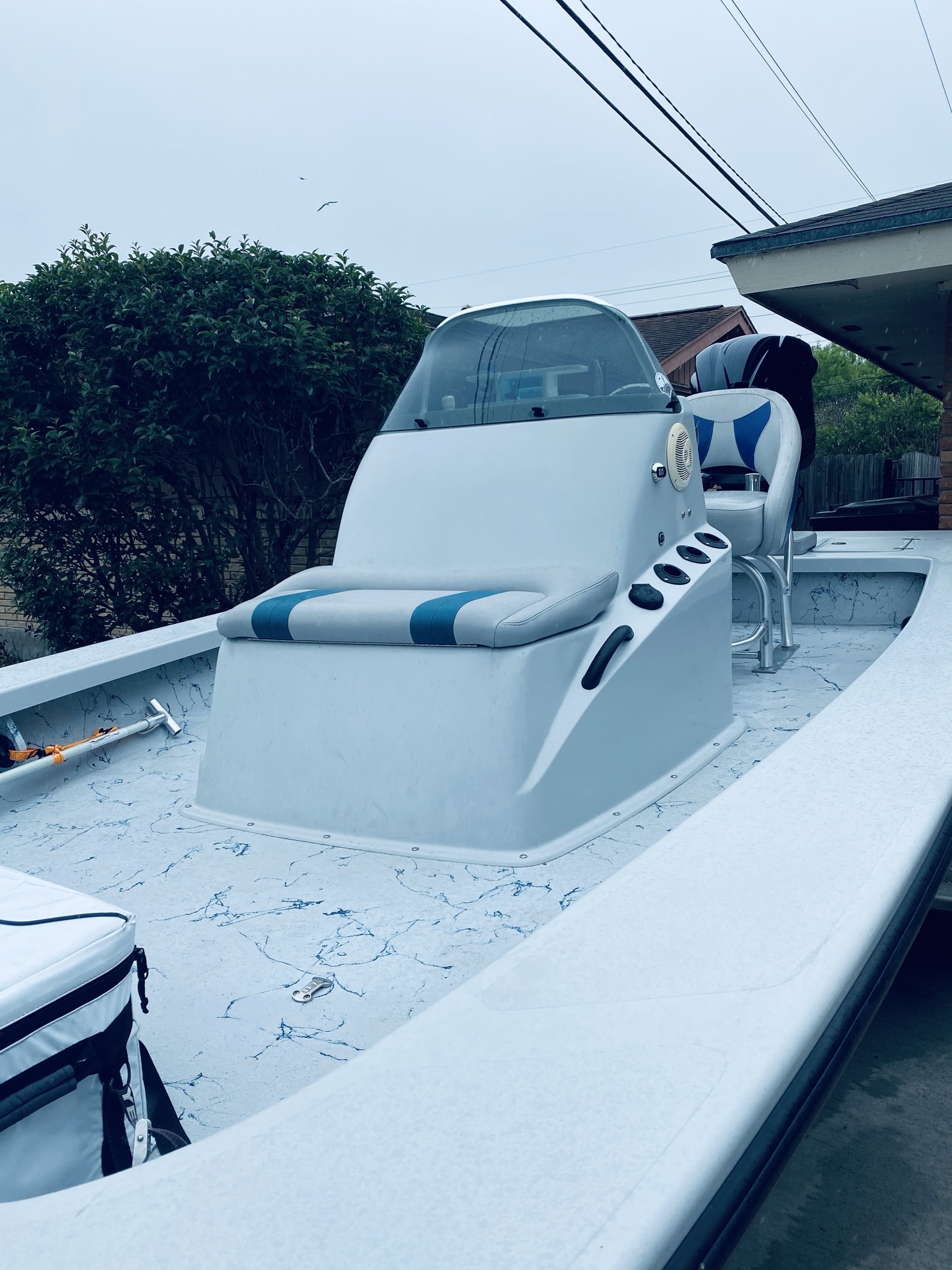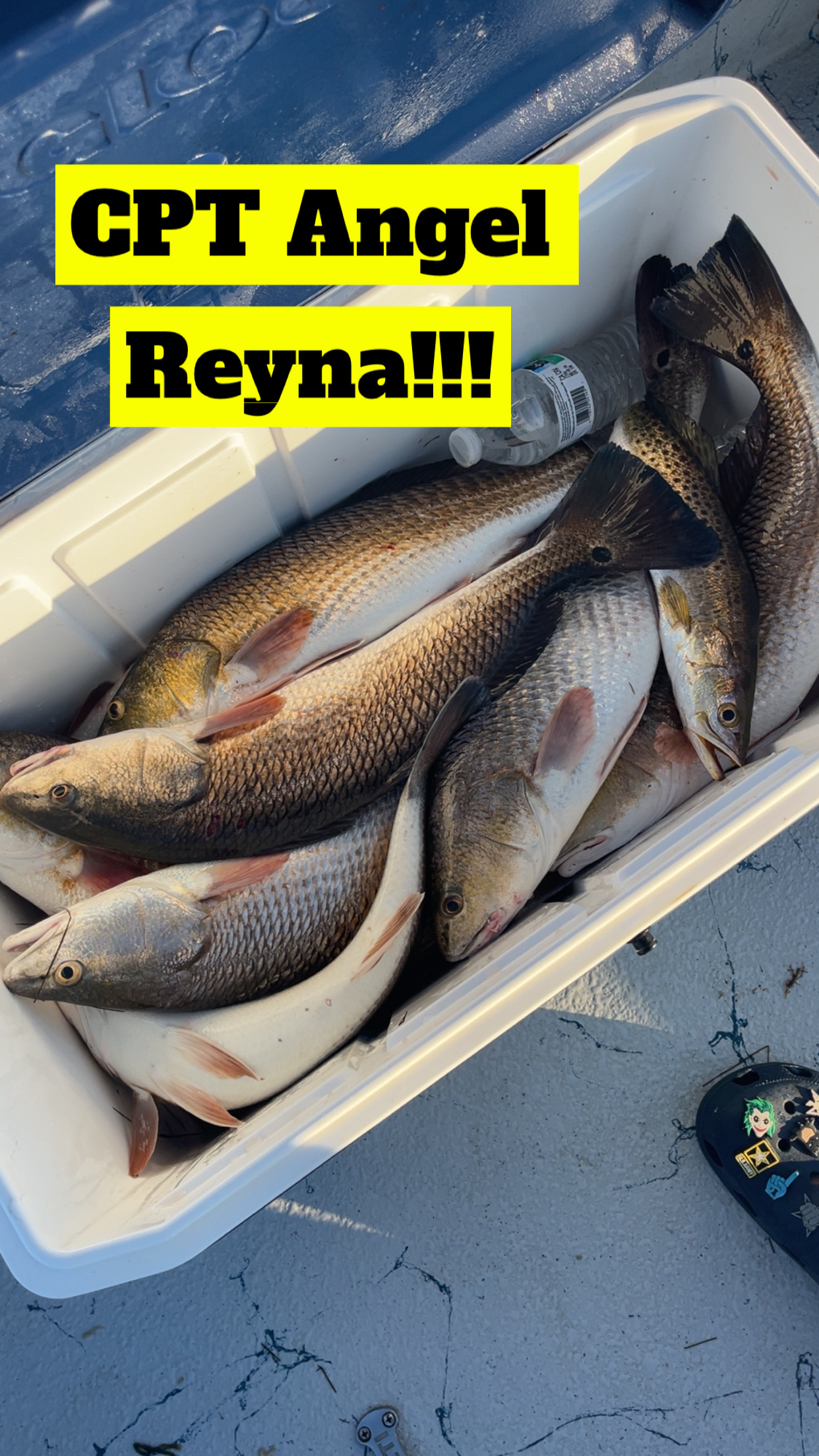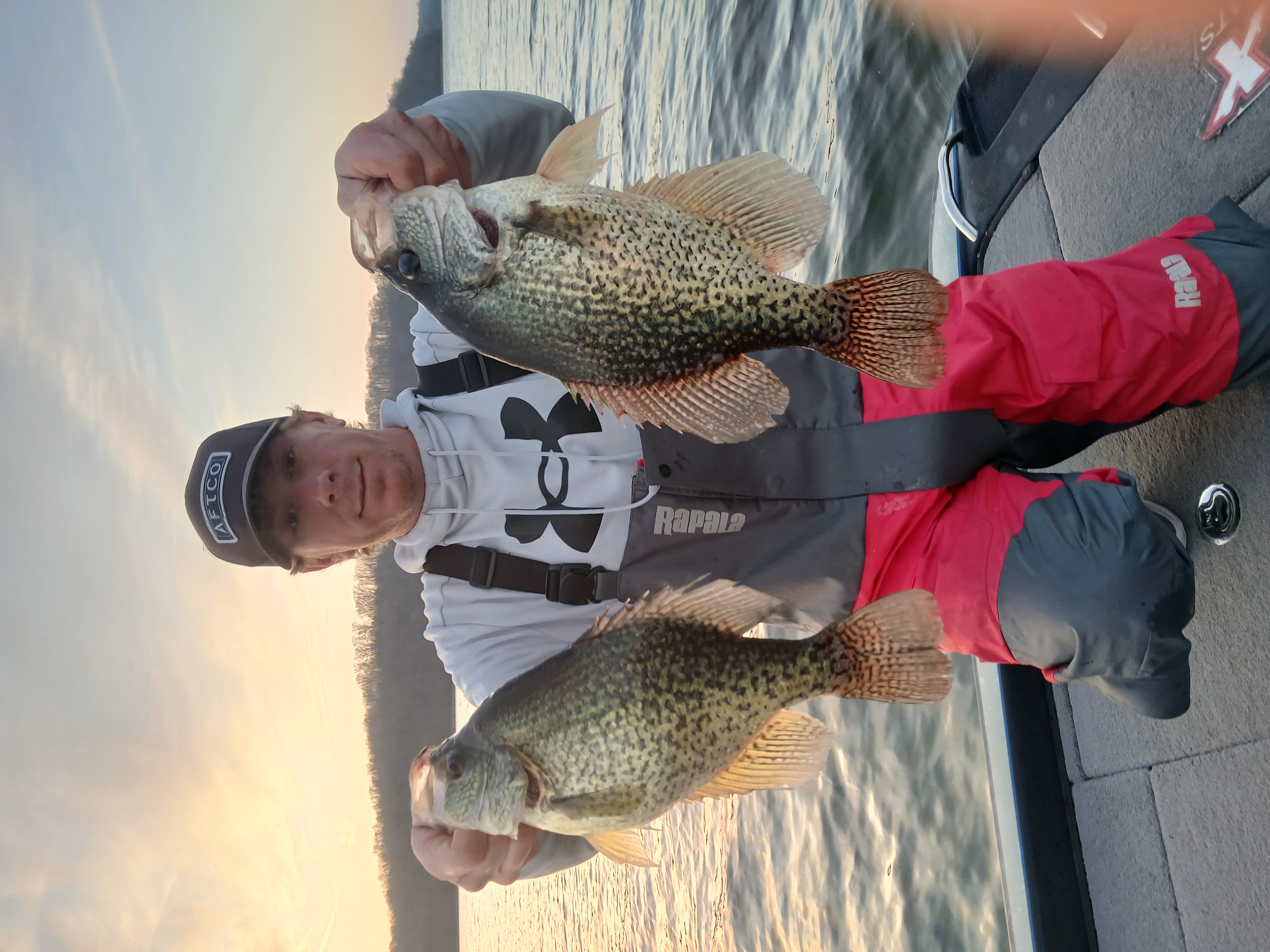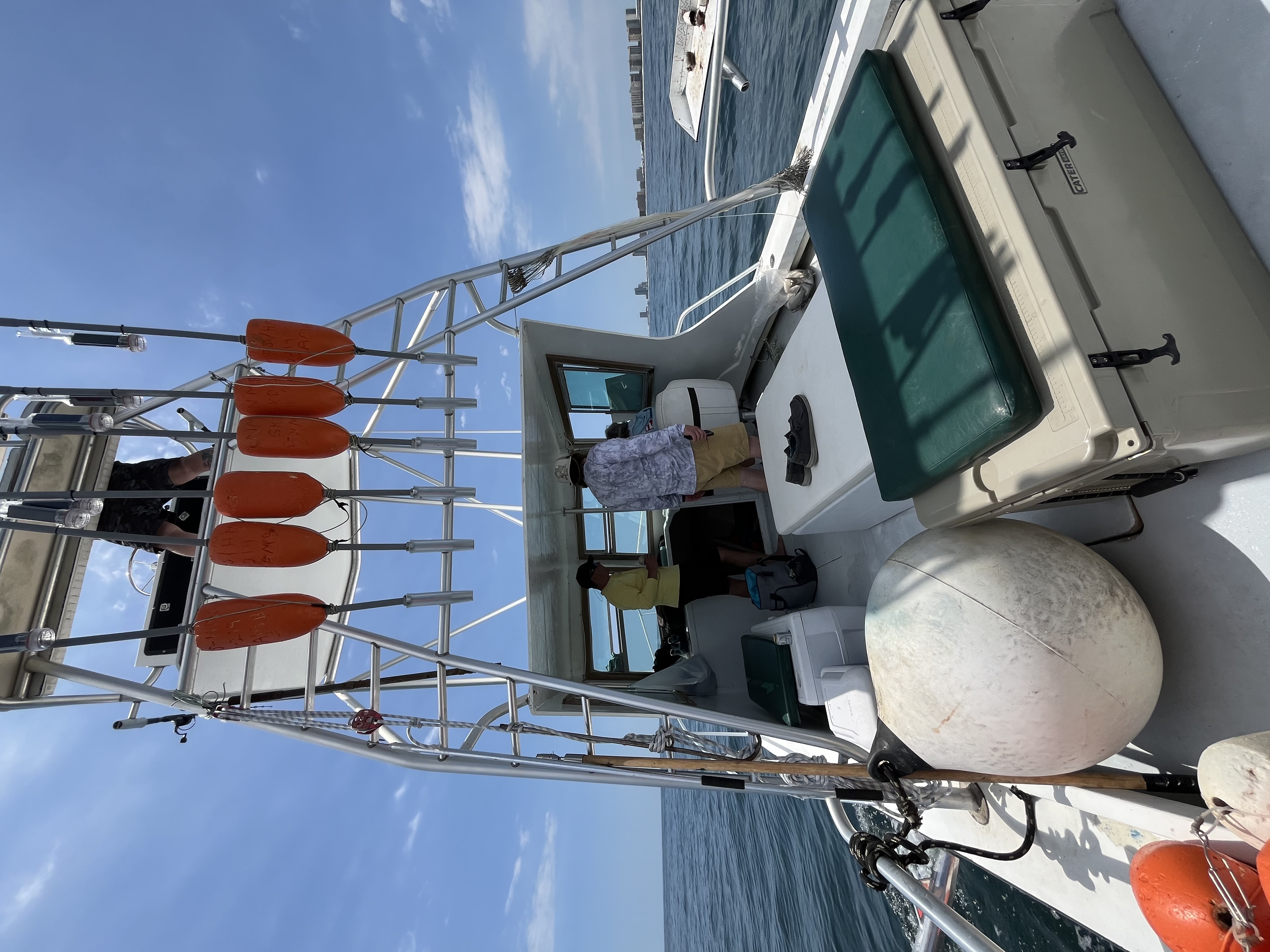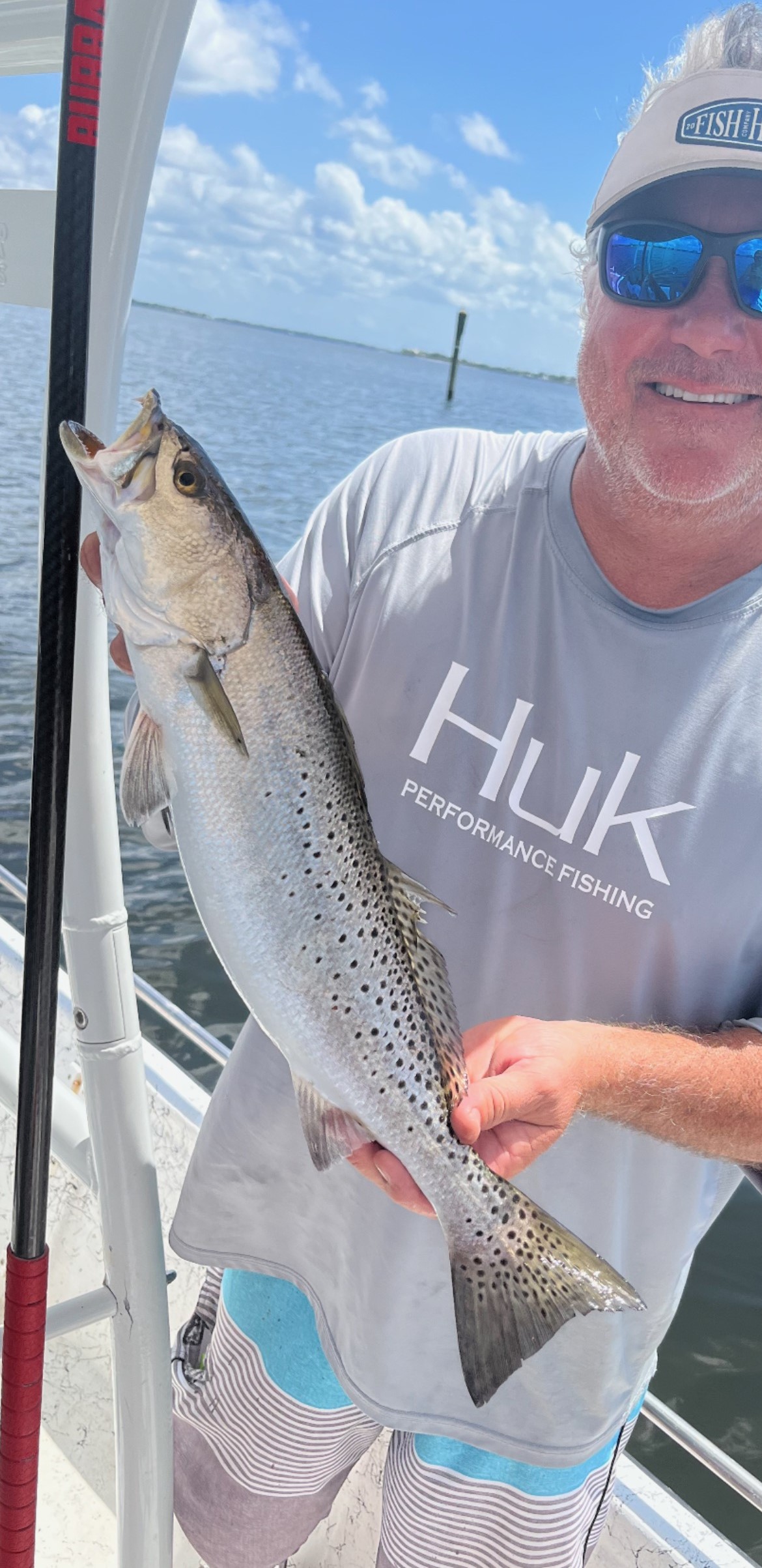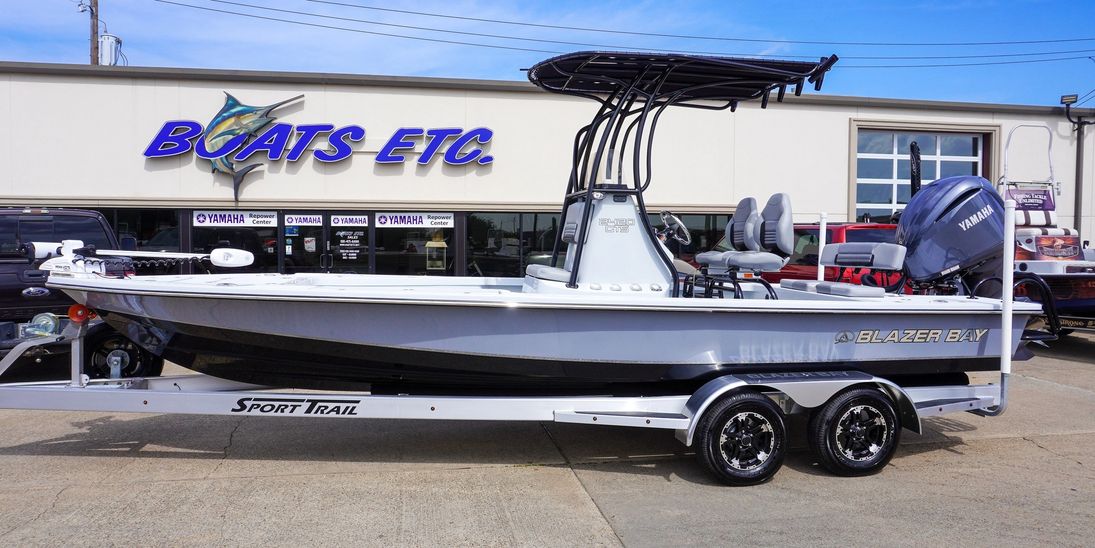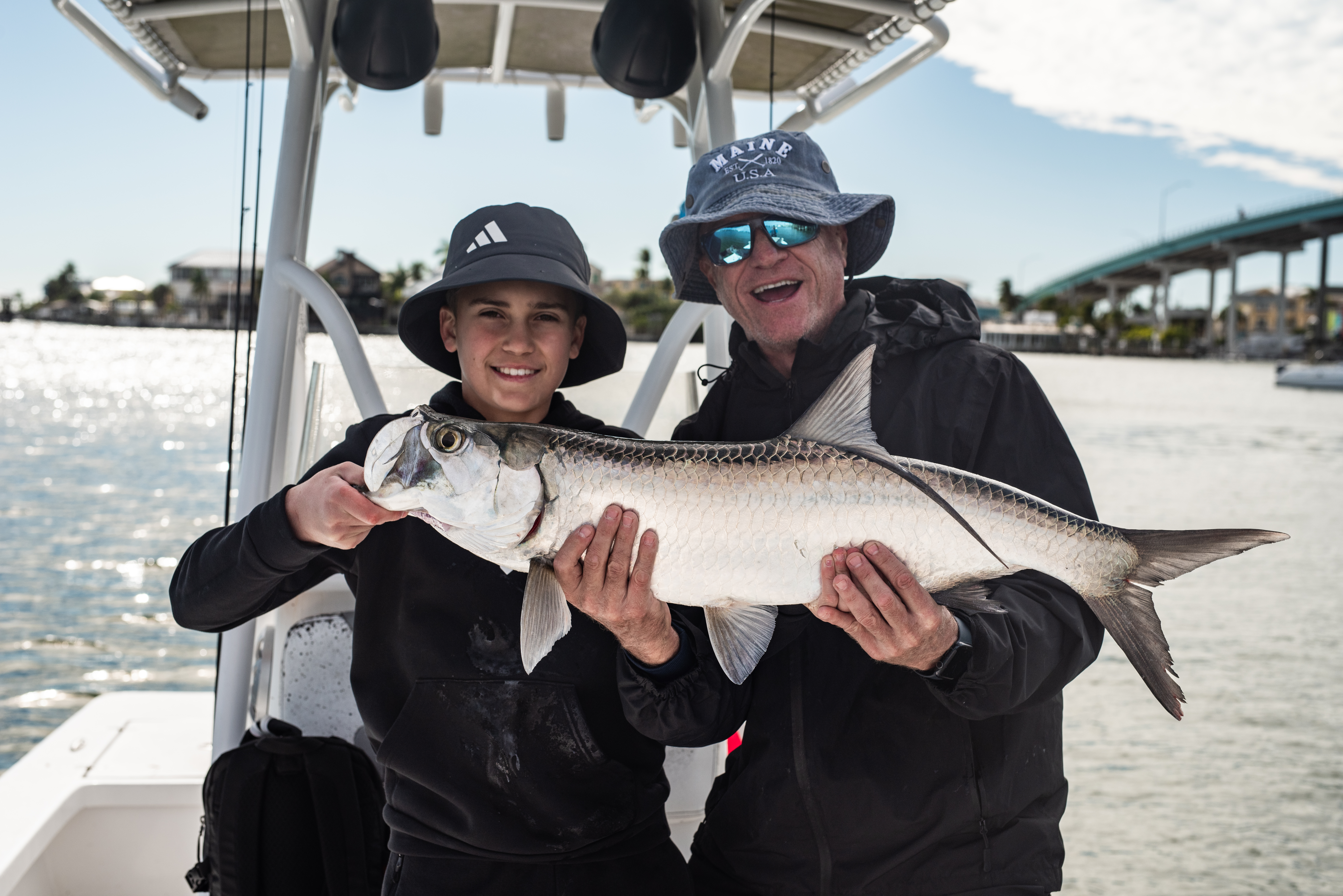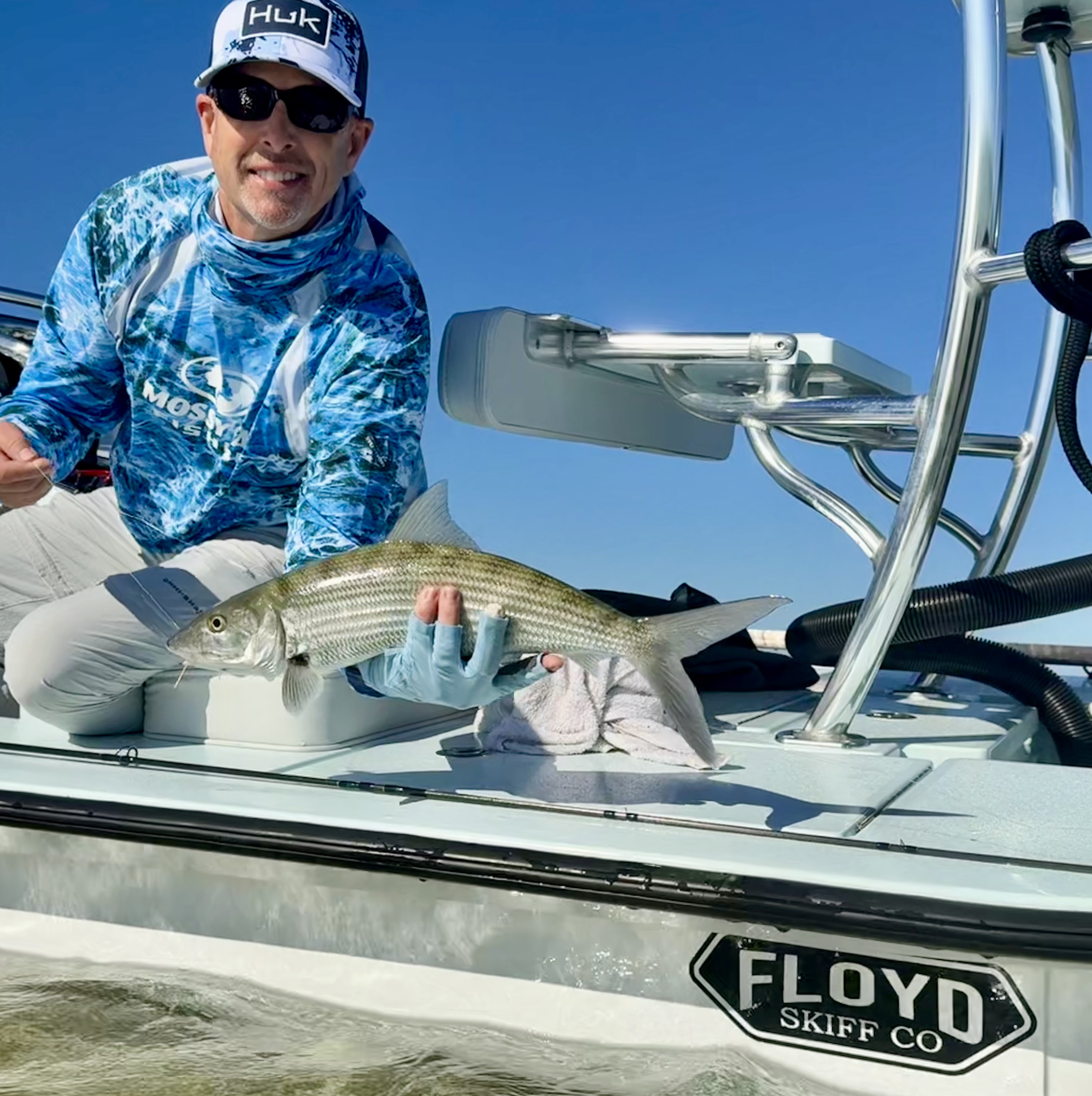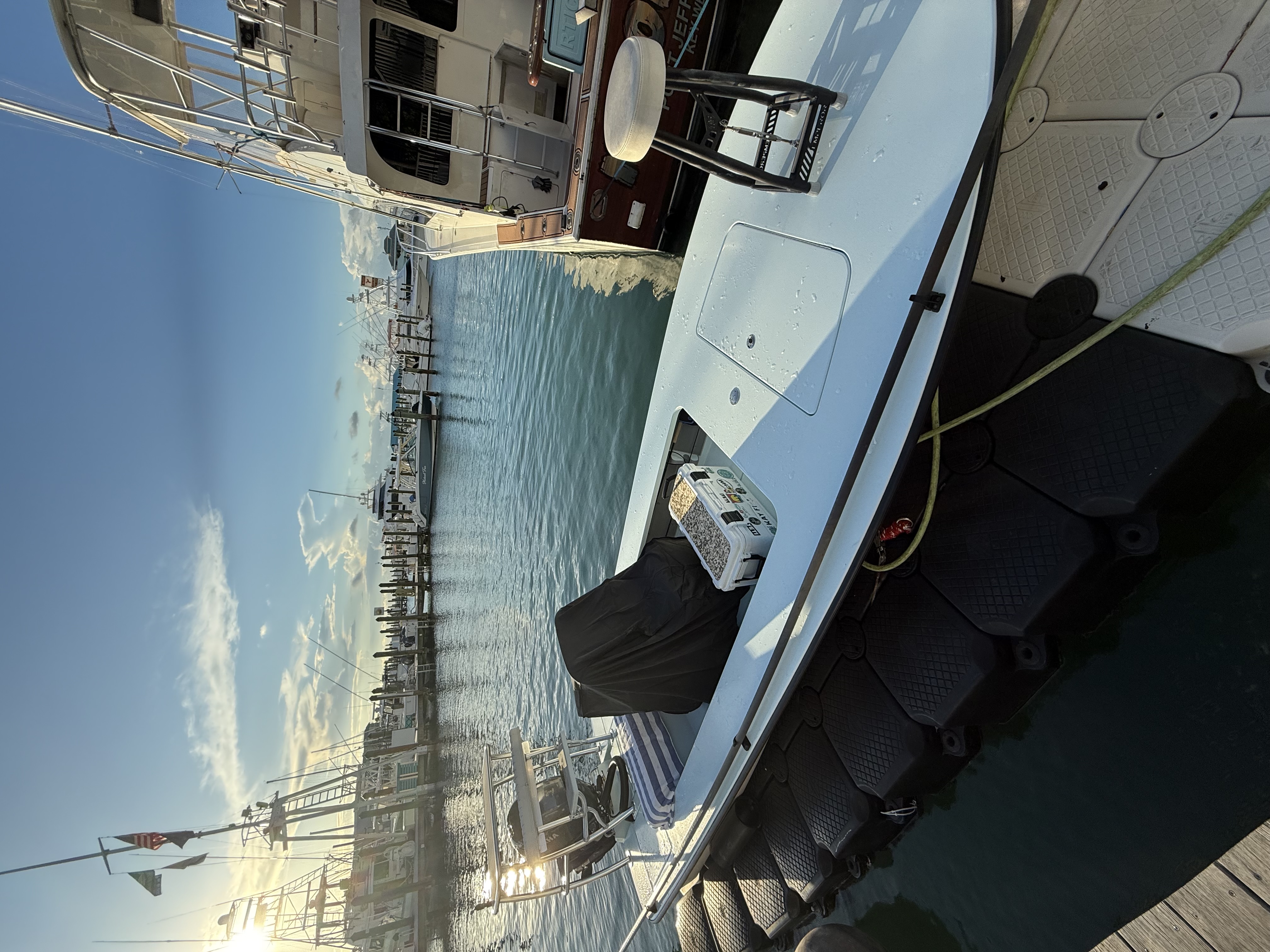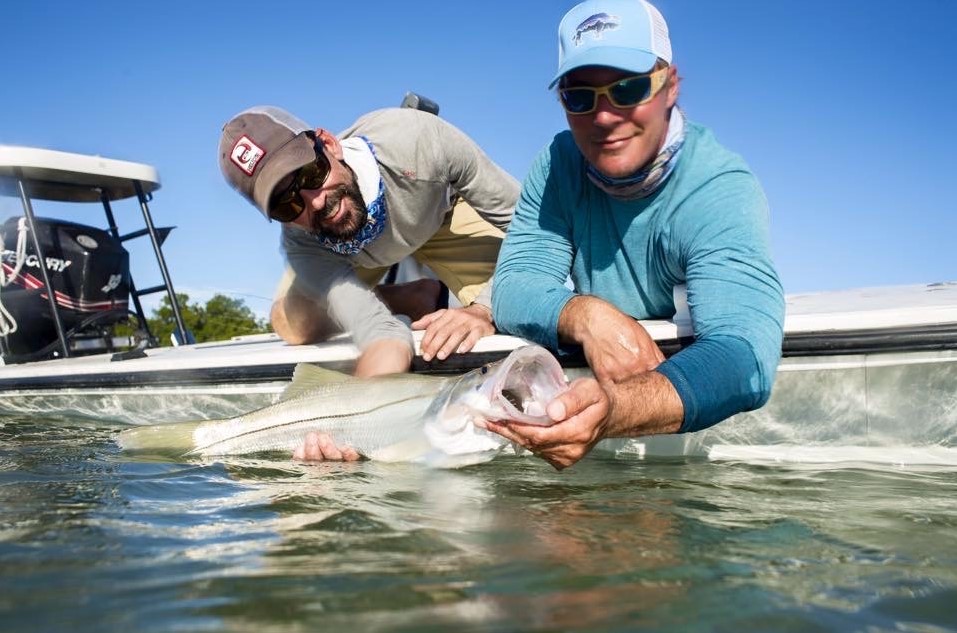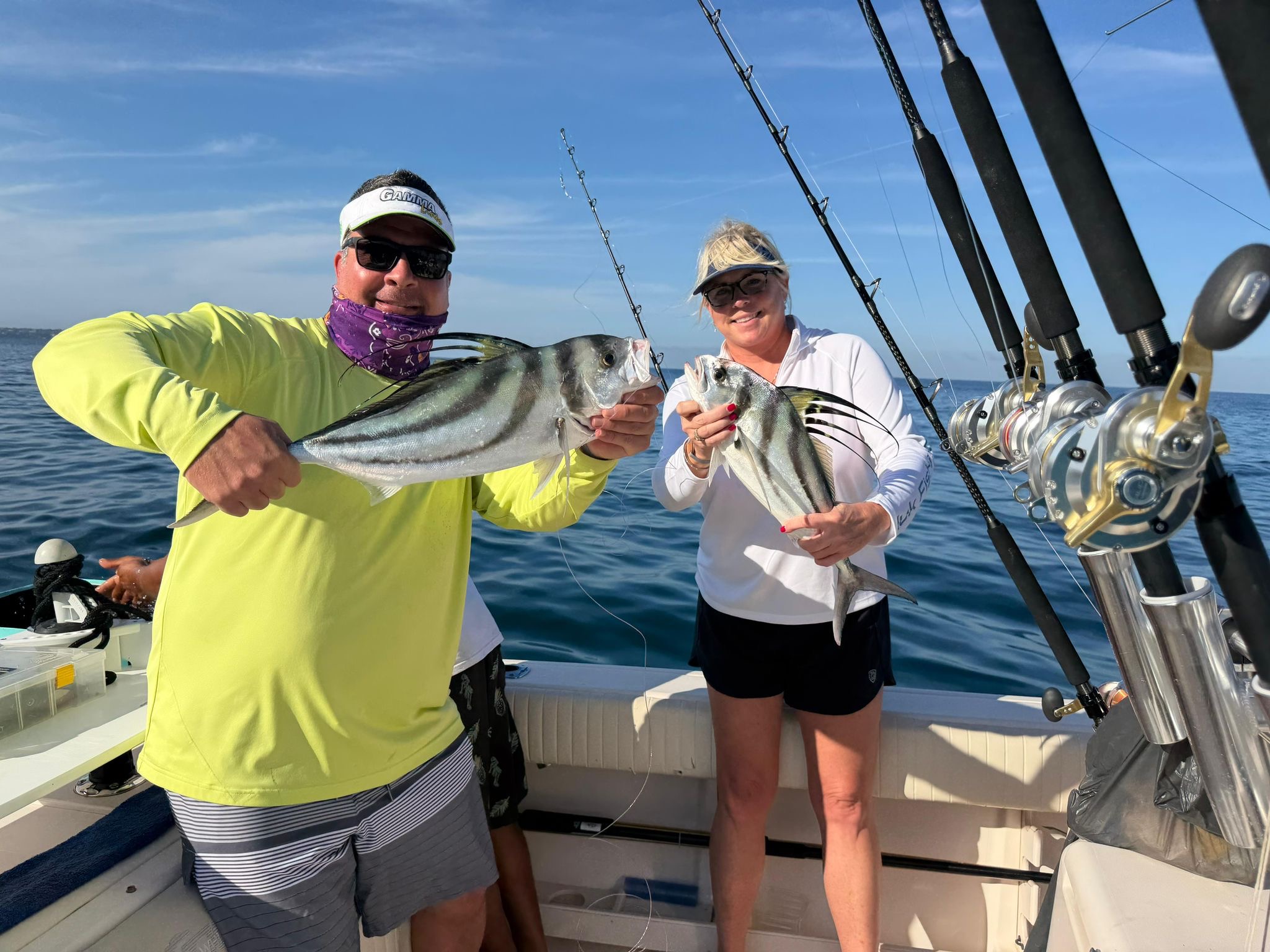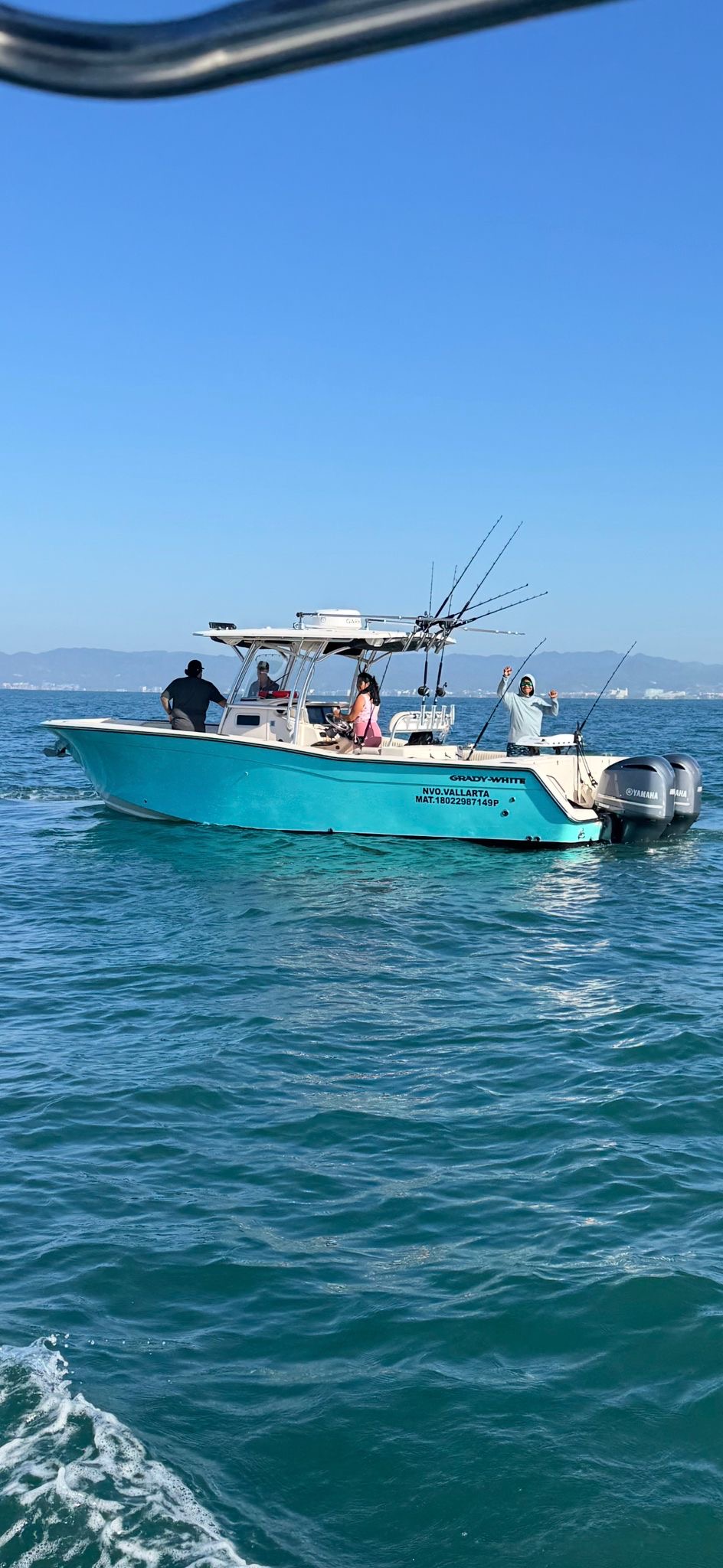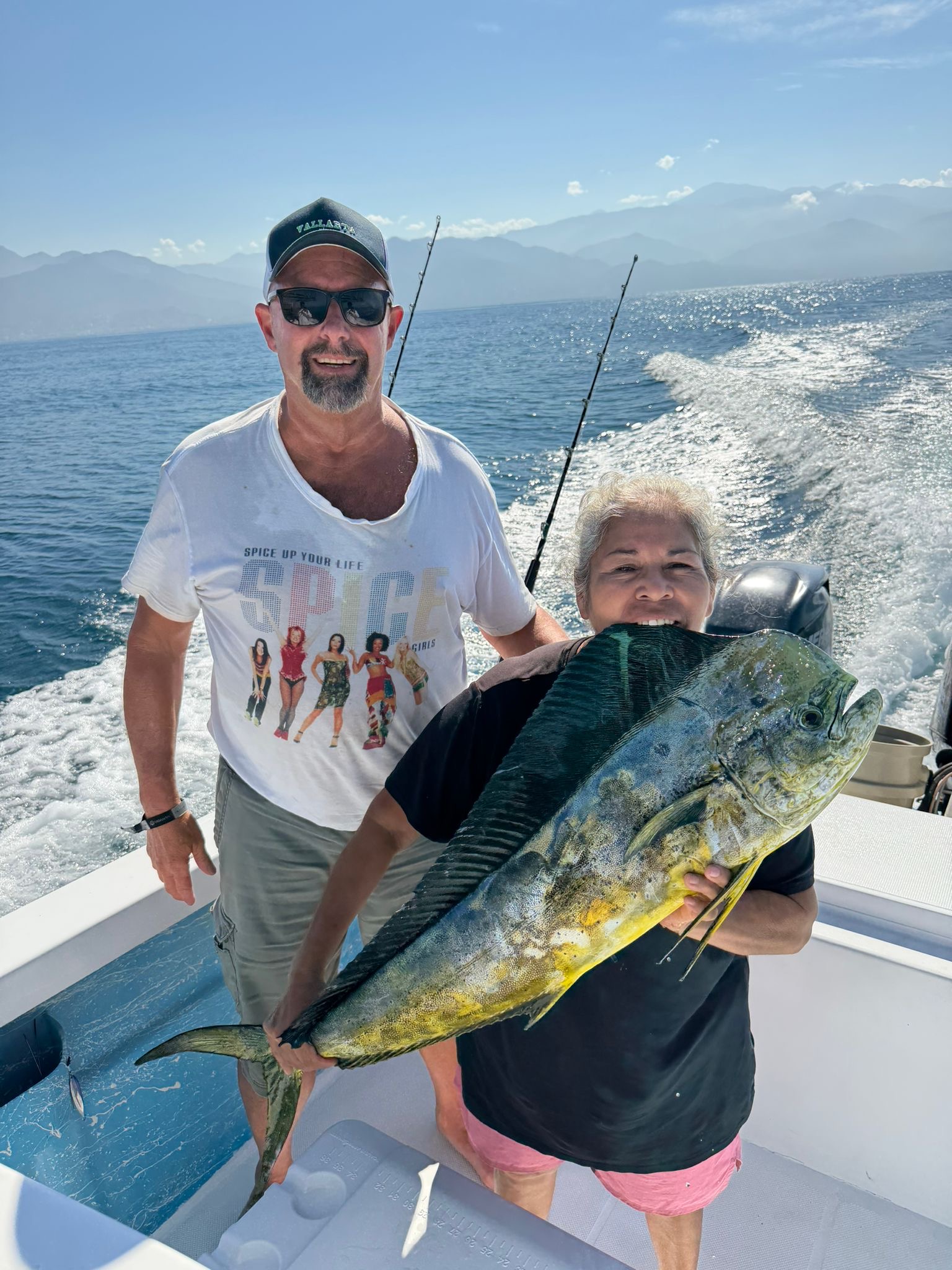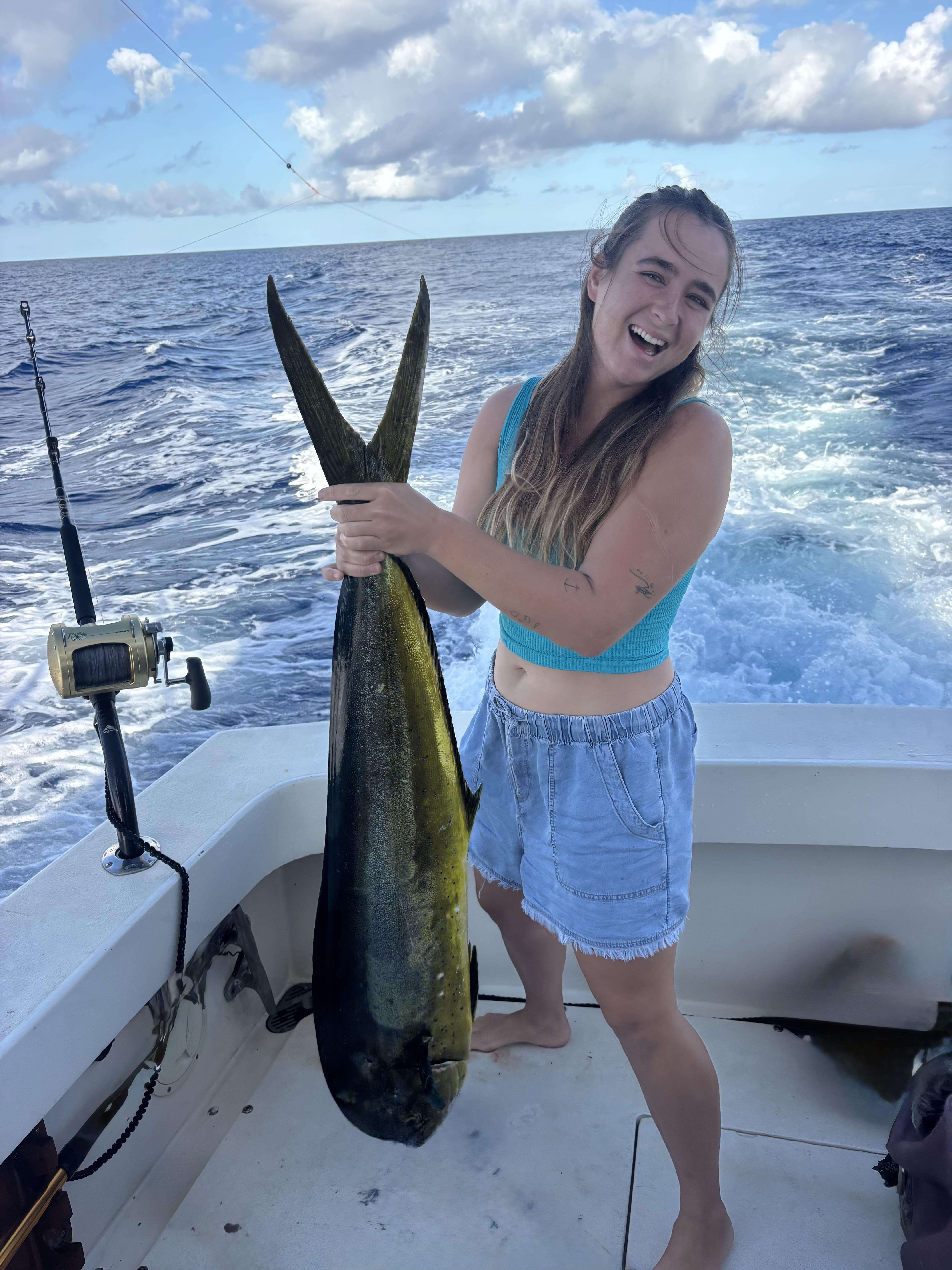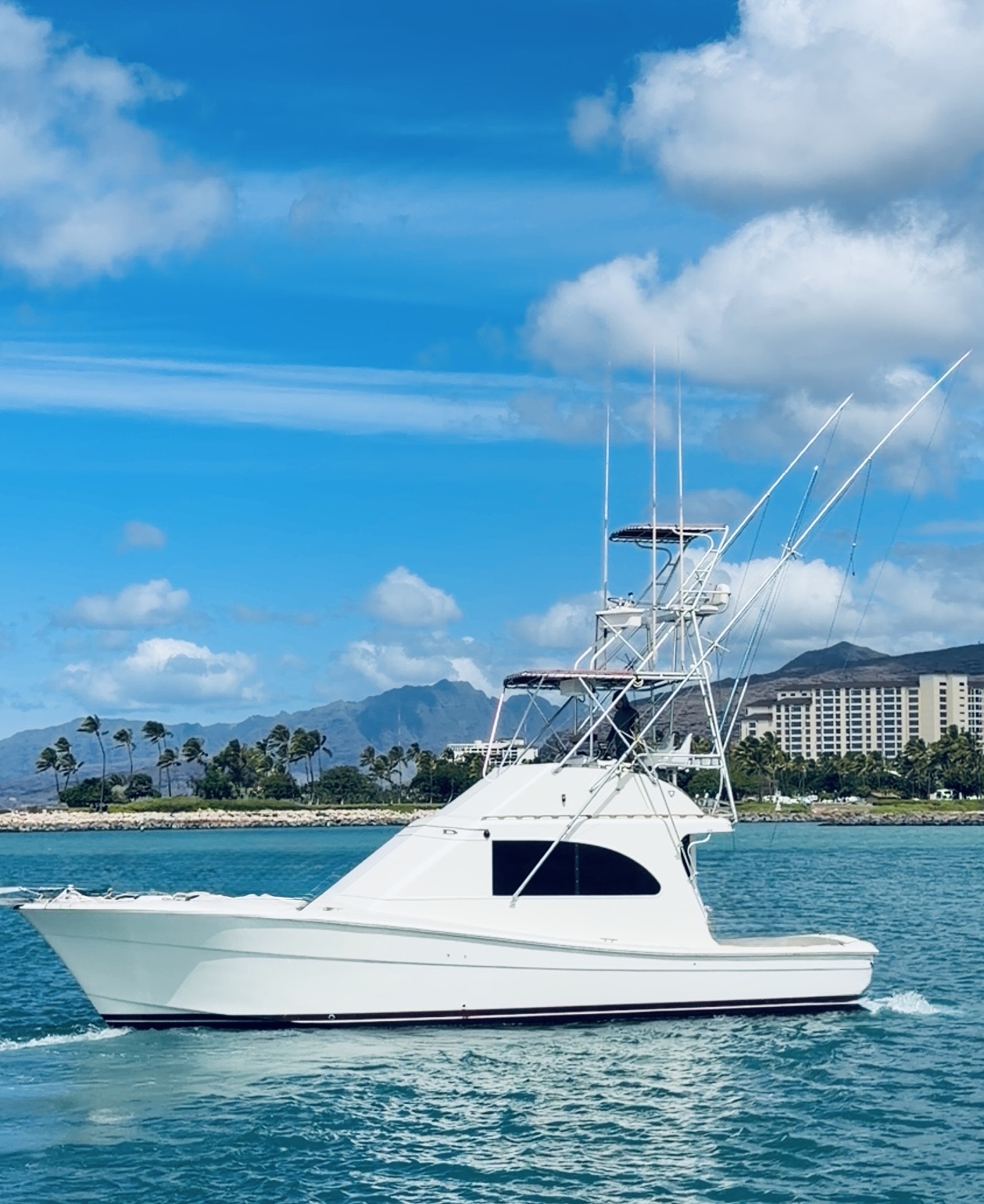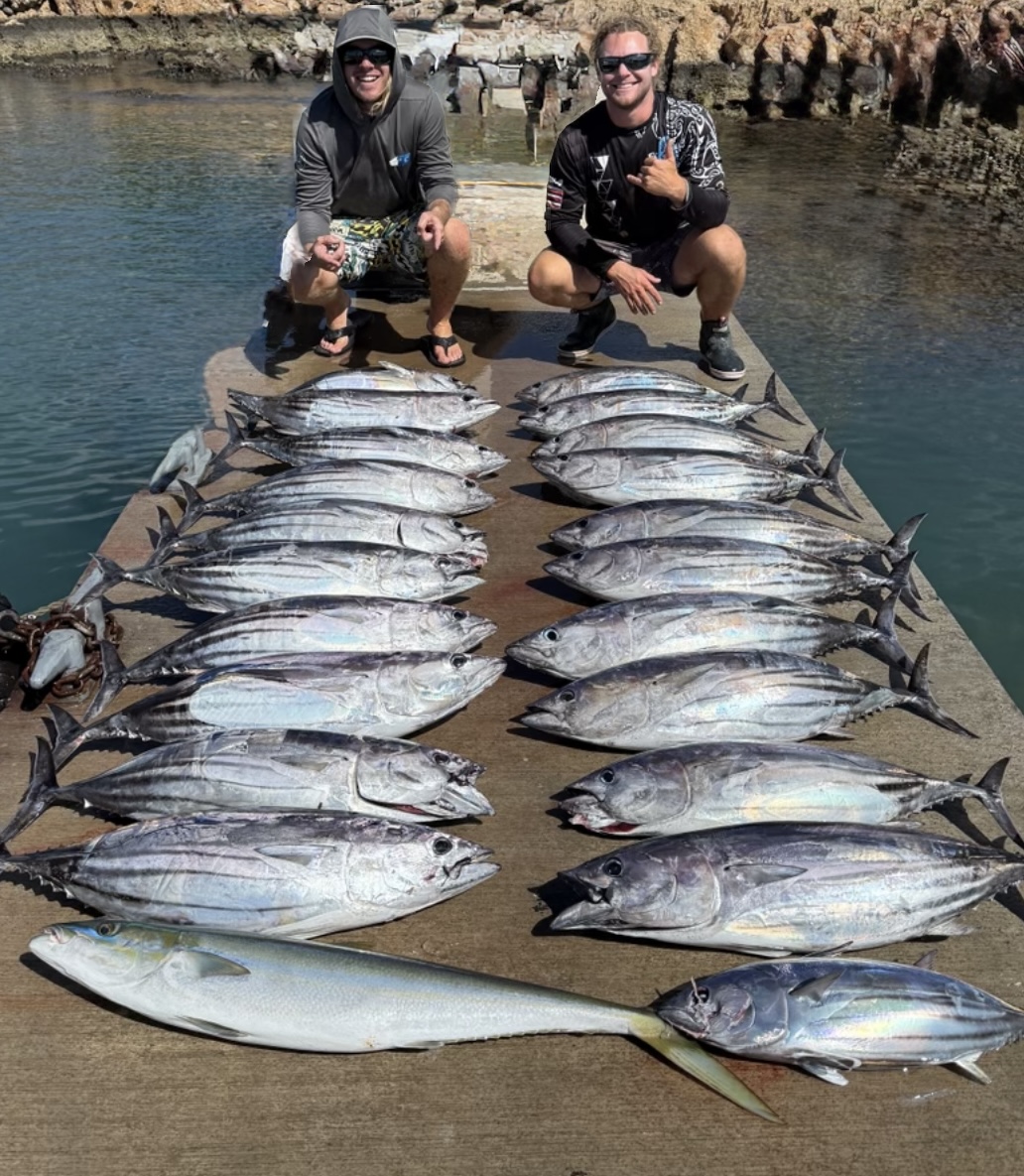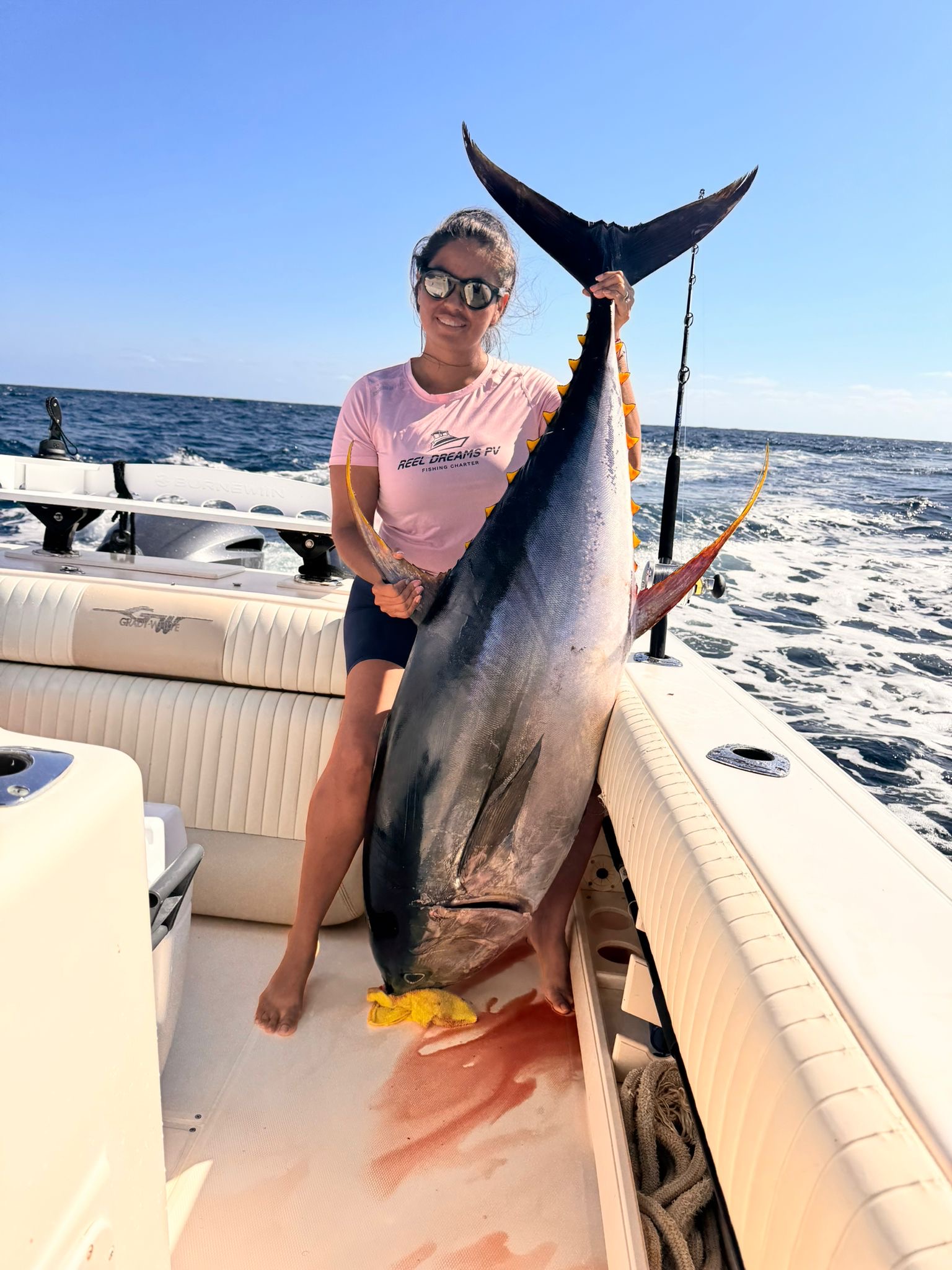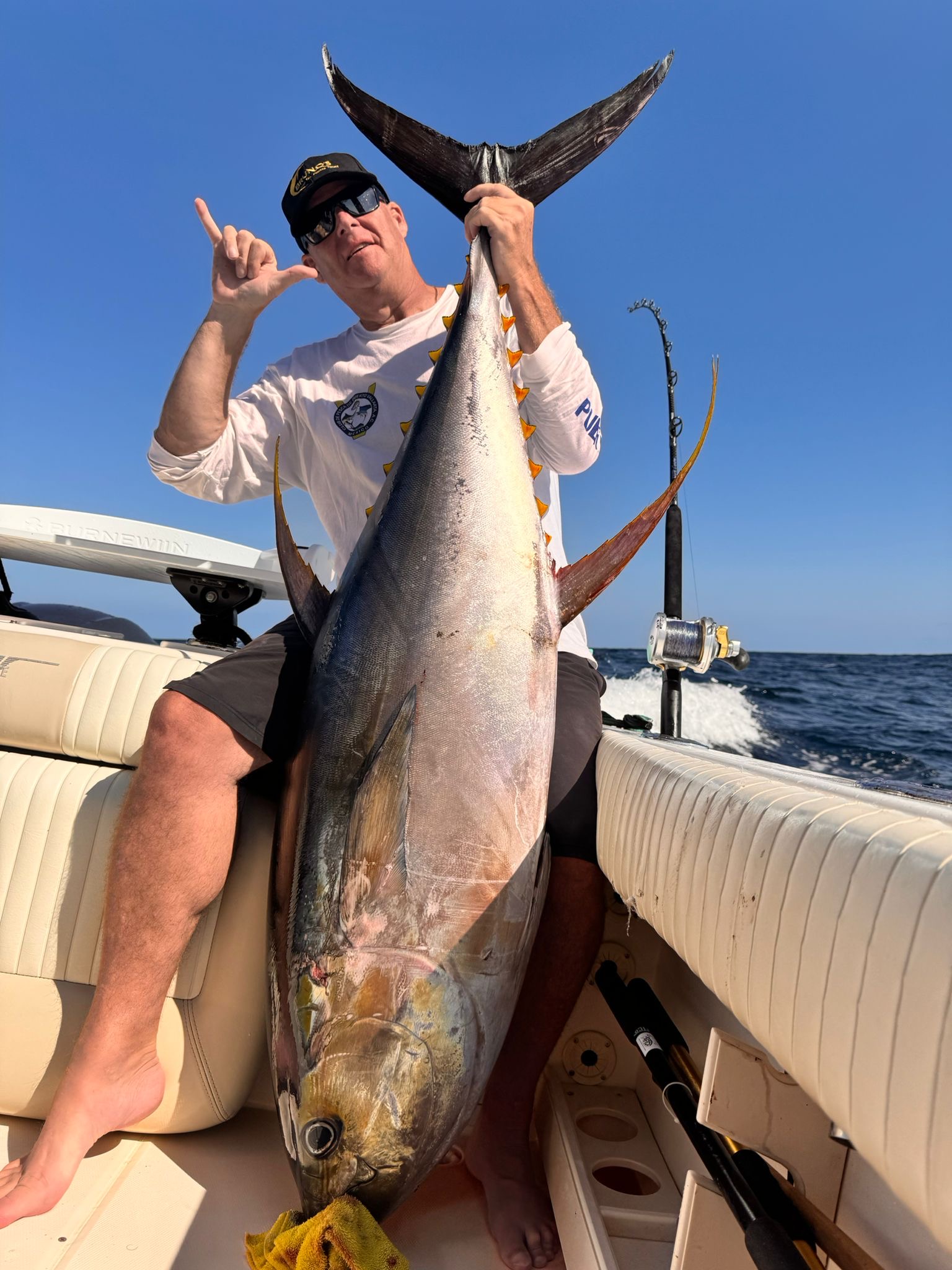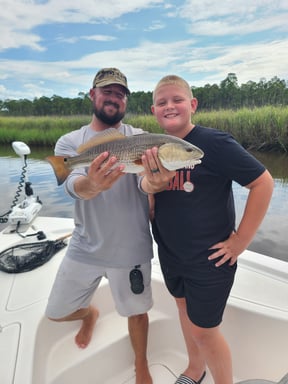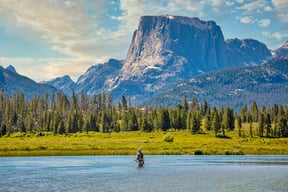Miami Peacock (4-8HR)
Lake Ida (4-8HR)
Inshore Fishing in Corpus Christi
Hook, Line & Memories Fishing Trip
Normandy Livescope Crappie Trip
Inshore, Nearshore Fishing in Orange Beach
Spring Break 6 Hour Special Rate
Inshore Fishing Sanibel PineIsland
Inshore, Flats Fishing in Key West
4-8 Hour Inshore Fishing Trip
Inshore, Deep Sea Fishing in Puerto Vallarta
31 Ft Grady White Half Day
Deep Sea Fishing in Kailua-Kona
Half Day Charter 4 Hours
Deep Sea Fishing in Puerto Vallarta
31 Ft Grady White Deep Sea Fishing
We started Captain Experiences to make it easy to book fishing and hunting guides around the world. With over 2,000 Damn Good Guides, our platform makes finding and booking a trip seamless. Head here to check out our trips.
The Best Spring Break Fishing Destinations
Whether you’re heading off for a beach vacation with friends or family, spending a day on the water is a great way to kick back and make memories. Many of the most popular spring break destinations also happen to have top notch fishing that gets overlooked far too often.
To help you make the most of your vacation, here are the top ten fishing destinations for spring break.
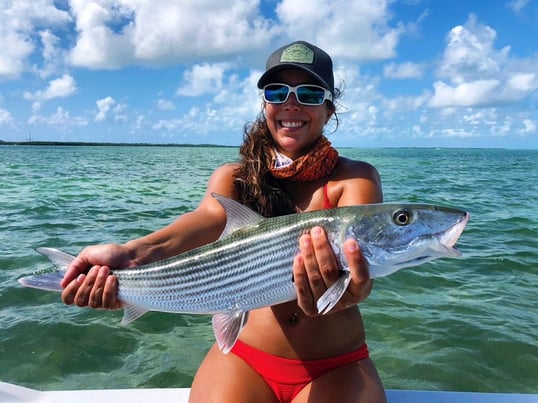
Spring Break Inshore Fishing
Thanks to calmer waters and more flexible schedules, inshore fishing is perfect for any group on vacation. With shorter distances to prime fishing spots, guides don’t have to use as much fuel, making these trips more affordable. To top it all off, plenty of big fish head to the shallows every spring which means a trophy fish is still a very real possibility.
1. Panama City Beach, Florida
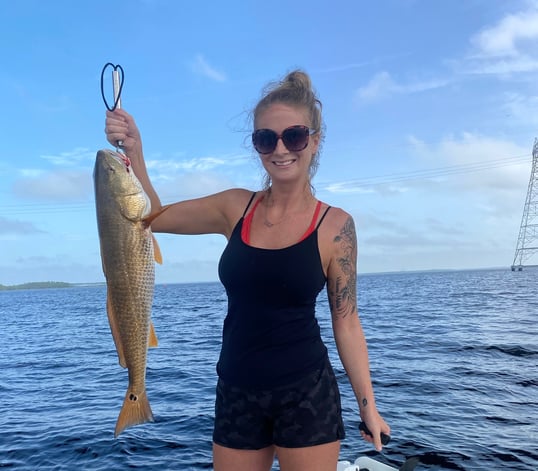
Spring inshore fishing in Panama City Beach is world class, with several fish hitting hard all season long and others starting to warm up. The waters surrounding Panama City are full of unique habitats with untouched mangrove shorelines and pristine backwaters, providing endless spots to get a bite. The usual suspects like redfish, black drum, speckled sea trout, and sheepshead bite in the spring, but the real prize is the cobia and pompano.
These fish move into the shallows, chasing warmer waters and food. Don’t let pompano fool you with their relatively small size—these fish are a powerhouse, especially on light tackle. Cobia, on the other hand, are large and pull hard instead of long runs or fast bursts. Both of these fish offer exciting topwater opportunities, but live bait is also effective.
Spring inshore fishing in PCB is great for any group with warm weather, calm seas, and a mixed catch almost guaranteed.
2. San Juan, Puerto Rico
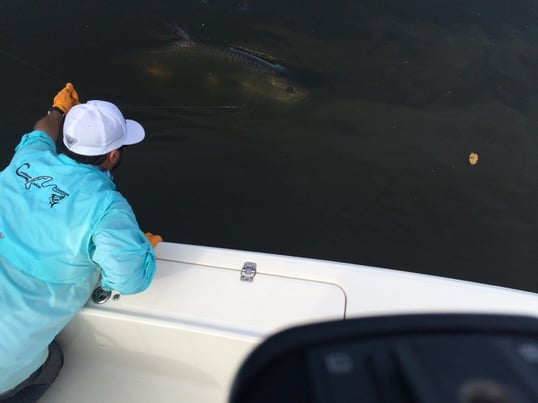
Puerto Rico is home to some of the best fishing experiences in the world with productive waters in all directions. Instead of heading out to sea, the best action in the spring comes from the shallow inshore and backcountry waters. Tarpon are a bucket list fish for many anglers because of their size, strength, and elusive behavior but at this time of year, these trophy fish are everywhere in San Juan.
While the tarpon is the silver king, they aren’t the only fish patrolling the shallows. Snook head to Puerto Rico in February. Once they arrive, the inshore action is second to none.
Both tarpon and snook can grow to over 40 inches long and give any angler a run for their money. The peak bite for both of these bucket list fish happens from March through May, which perfectly aligns with spring break. If you want to turn a solid beach vacation into the trip of a lifetime, book a trip in San Juan.
Spring Break Nearshore Fishing
Nearshore fishing offers opportunities to catch larger fish without long travel times. While the fuel costs are still minimized, the fish are full size. If you’re after a balance of offshore action but with smooth seas and an experience that anglers of all levels can enjoy, a nearshore trip is it.
3. Destin, Florida
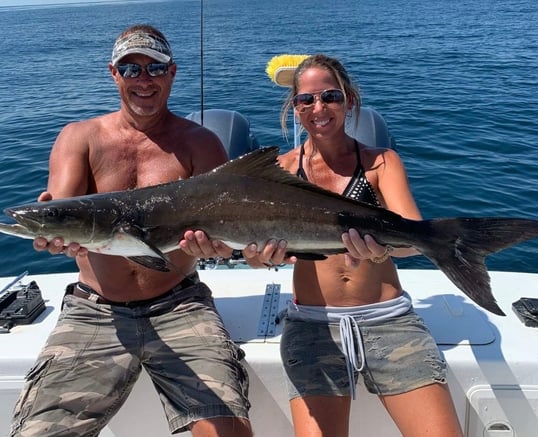
Destin is well known as a top vacation destination and a world class fishery. Luckily spring is the best time for both with perfect weather and aggressive fish just off the coast. The fish biting in Destin’s nearshore waters at this time of year are some of the toughest fighters pound for pound. Snapper and amberjack will stay tucked into the reefs to ambush prey and bottom fishing is the best approach for getting a bite.
On the other hand, cobia, barracuda, and mackerel are on the prowl just under the surface crushing anything they think is food. While bottom fishing the reefs is great, it’s hard to beat the reel smoking action of a barracuda or mackerel blowing up on the surface and taking off on a run. Sight casting for cobia is also high octane fun and keeps you on your toes while cruising to get in range.
4. Cabo San Lucas, Mexico
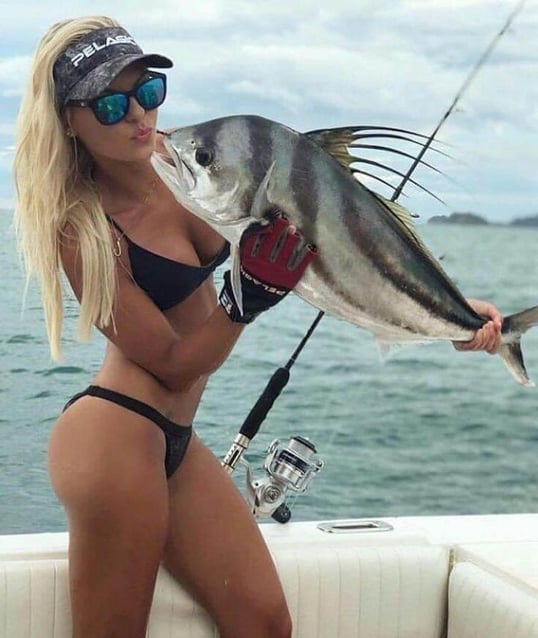
Cabo is well known for top tier offshore fishing but the nearshore opportunities in the spring are just as good if not better. A stone's throw from the docks you can find one of the most sought after fish in the Pacific, the Roosterfish.
Named for their long dorsal spines that resemble a rooster's comb, these unique fish are pursued by saltwater anglers around the world. The average weight of a roosterfish is around 20 pounds, but they've been known to reach over five feet long and 120 pounds. The nearshore waters near Cabo are also home to another rare and voracious fish.
The cubera snapper is the largest of all the snappers species and a prominent Cabo resident. The peak bite for cubera snapper happens around April and these giants are one of the most aggressive eaters and can be caught by bottom fishing or throwing topwater lures.
If you do decide to head offshore, mahi mahi, yellowfin, wahoo, striped marlin, and mackerel are great year-round.
Spring Break Offshore Fishing
Offshore fishing is the ultimate form of sportfishing with the biggest and toughest fish being found in the deep blue water. If you’d rather fight a 400 pound tuna or 1,000 pound marlin for hours than relax on the beach then look no further. With big boats, big fish, and more action than any other type of fishing, an offshore trip will put a smile on the face of even the most veteran anglers.
5. Hawaii
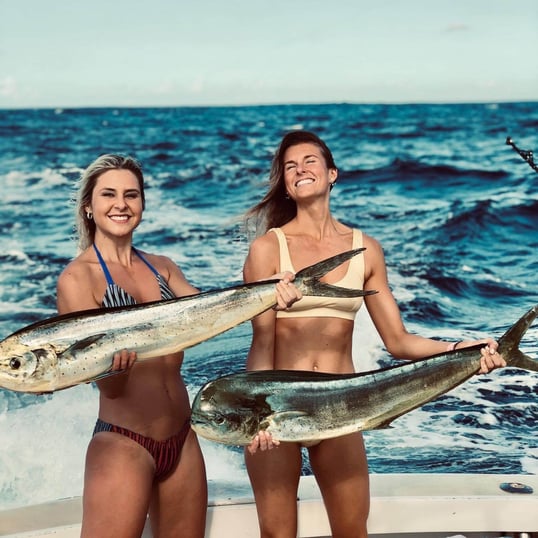
The Hawaiian Islands are the peaks of an underwater mountain range, putting deep water and huge pelagic species well within reach. The offshore fishing in Hawaii will spoil any deep sea angler with travel times measured in minutes and fights that can last hours. All of the islands have access to the same exceptional fishing, and every trip can produce massive and delicious fish.
Deep sea fishing Hawaii in the spring will put you on the water during the peak bite for spearfish, mahi mahi, wahoo, and striped marlin. All of these fish are known for grabbing bait and taking line, kicking off the adrenaline rush we’re all after.
The mahi and wahoo caught in Hawaii are bigger on average, which is great because they are also two of the most delicious species. While these fish are at their peak, giant blue marlin and yellowfin tuna start to show up by the end of spring.
Fishing in Hawaii, especially in the spring, is always a mystery. You might catch mahi after mahi or hook into a 1,000 pound marlin—there’s no way to know. Either way, a trip to Hawaii isn’t complete until you wet a line.
6. Cancun, Mexico
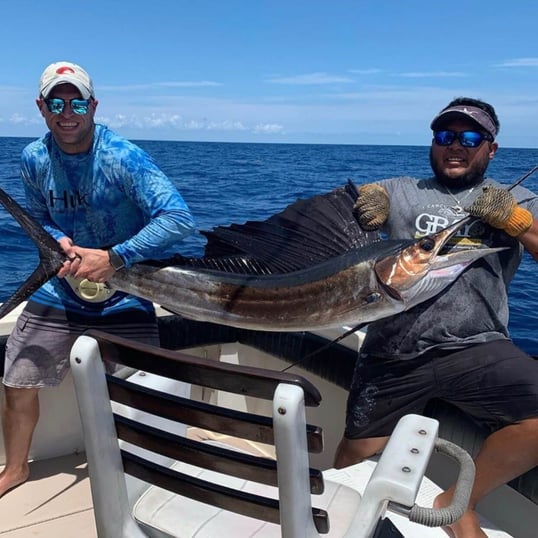
Sitting at the point of the Yucatan peninsula, Cancún is an ideal spot to catch all of the fish migrating into and out of the Gulf of Mexico. The beautiful beaches and blue water near Cancun is enough to make your friends jealous, but the deep-sea action will make them mad. You can start fishing as soon as you leave the docks as the prime feeding grounds for giant pelagic species are only a short boat ride away.
Spring fishing offshore from Cancun provides you with the opportunity to catch a mixed bag of incredible sportfish all in one trip. Barracudas live here year round, but the first fish to move into the area are kingfish and sailfish. They are quickly joined by mahi, wahoo, blackfin tuna, as well as blue and white marlin.
With so many different fish entering these waters throughout the spring, the action is non-stop. These fish also grow into monsters, weighing hundreds of pounds, but are still capable of reaching incredible speeds. When they hit a line, you better be ready for the fight.
Reef Fishing
While reef fishing can vary from nearshore to offshore waters, the fish that live here always put up a fight. Bottom fishing the reefs is a more laid back approach, making it the perfect technique if you want to combine relaxing on vacation with your fishing experience. That is until you get a bite, because pulling up a 50+ pound fish from 200 feet of water is no easy task.
7. South Padre Island, Texas
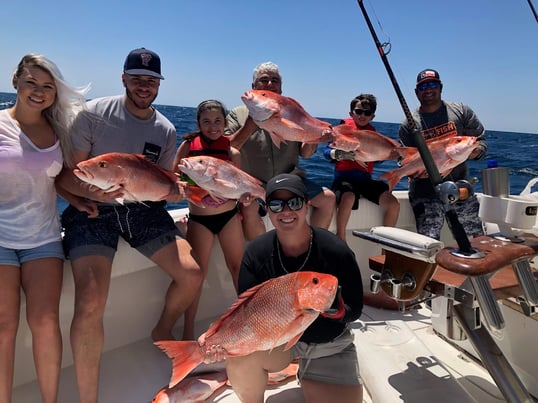
Take an adventure to the reefs from South Padre and hook up with hard fighting sport fish that have been spring favorites for decades. Red snapper, amberjacks, and giant redfish hunt prey around structure only a short trip from the dock.
Deep sea fishing SPI is some of the best in Texas thanks to a steep continental slope that provides deeper water closer to shore. Huge redfish move out of the shallows and into the oyster reefs during the spring. After their fall spawn, these big reds come into spring with a big appetite.
A little further out near the artificial reefs and oil platforms, the snapper and amberjack are starting to heat up. Amberjack are known as reef donkeys because they grow large and fight hard till the very end. An array of snapper species including red snapper also hunt deep structures, usually in large groups. If you head out to any of these reefs and drop bait, get ready for a bite followed by a hard fight from a monster fish.
8. Gulf Shores, Alabama
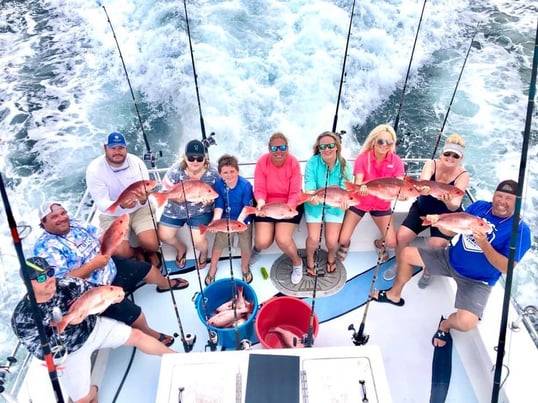
The crown jewel of Gulf Shores is deep sea fishing thanks to its 17,000 reefs scattered throughout the nearshore and offshore waters. With the abundance of deep structure, snapper and amberjack thrive here. Cobia are seasonal residents of the reefs, but when it's spring in Gulf Shores, they move in and go on a feeding frenzy.
All of these fish are capable of growing into giants, with snapper topping out at 50 pounds, cobia at 100 pounds, and amberjack hitting the 200 pound mark. While bottom fishing is ideal for snapper and amberjack, sight casting for cobia is an experience like no other. They cruise around above the reefs, and if you can put your bait in front of them, get ready to go for a ride. Because Gulf Shores is situated relatively close to the continental shelf, offshore fishing is also great, with many pelagic species well within reach.
Freshwater
9. Austin, Texas
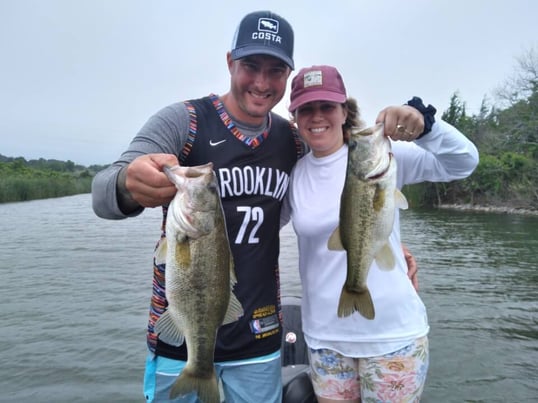
Fishing the waters around Austin will be an experience as unique as the city itself. The Bulk of fishing trips closest to the city are on the Colorado River or Lake Travis.
The usual species of largemouth bass, white bass, sunfish, catfish, and carp are all regularly caught here. Some of the more unique opportunities for these bodies of water include rio grande perch, freshwater drum, smallmouth buffalo, and the Texas native guadalupe bass.
While targeting any of these species on traditional tackle is a blast, if you want a challenge, try catching them on a fly. For fly fishing fans, the best fishing is on the Guadalupe River—just 45 minutes away from ATX. The Guadalupe River flows out of the bottom of the Canyon Lake dam and continues to flow through New Braunfels.
Canyon Lake is deep and offers great fishing opportunities for all typical lake species, but below the dam is where the magic happens. When the cold deep water is released downstream, it creates a cool, clean, and clear river, which is the perfect habitat for trout. Rainbow and brown trout are stocked in the river every winter, and the trout from previous years do spawn. The water temperature in the spring is still cool enough that the trout are biting.
10. Delray Beach, Florida
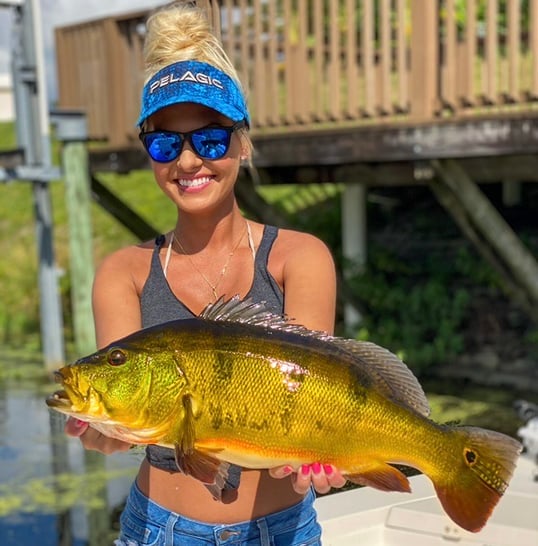
Lake Ida and Lake Worth are north of Delray Beach and provide a freshwater fishing experience you won’t find anywhere else. What makes the fishing in these lakes so special is the exotic species that thrive in the tropical Florida climate. Peacock bass and clown knifefish are usually found in Brazil or Cambodia but now they dominate Lake Ida and Lake Worth providing anglers with a truly unique experience.
These waters are known for largemouth bass, peacock bass, and clownknife fish but there are more species you can catch here. Native species include bluegill, sunfish, sunshine bass, and catfish but if you want to chase more exotic species, spotted tilapia, Oscars, and Mayan cichlids are also abundant. With Lake Ida and Lake Worth to the north and Lake Okeechobee to the west, there is no shortage of freshwater fishing opportunities.
Joey Butrus
Updated on August 2, 2023

October 26, 2020
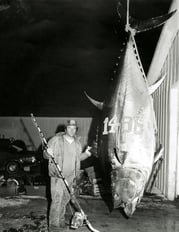
June 3, 2021
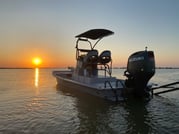
January 7, 2022
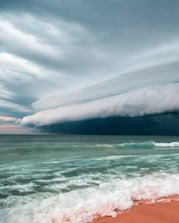
August 21, 2023

July 31, 2024
Related Articles
July 6, 2023
May 13, 2024
June 15, 2022
Featured Locations
- Fishing Charters Near Me
- Austin Fishing Guides
- Biloxi Fishing Charters
- Bradenton Fishing Charters
- Cabo San Lucas Fishing Charters
- Cancun Fishing Charters
- Cape Coral Fishing Charters
- Charleston Fishing Charters
- Clearwater Fishing Charters
- Corpus Christi Fishing Charters
- Crystal River Fishing Charters
- Dauphin Island Fishing Charters
- Daytona Beach Fishing Charters
- Destin Fishing Charters
- Fort Lauderdale Fishing Charters
- Fort Myers Fishing Charters
- Fort Walton Beach Fishing Charters
- Galveston Fishing Charters
- Gulf Shores Fishing Charters
- Hatteras Fishing Charters
- Hilton Head Fishing Charters
- Islamorada Fishing Charters
- Jacksonville Fishing Charters
- Jupiter Fishing Charters
- Key Largo Fishing Charters
- Key West Fishing Charters
- Kona Fishing Charters
- Lakeside Marblehead Fishing Charters
- Marathon Fishing Charters
- Marco Island Fishing Charters
- Miami Fishing Charters
- Montauk Fishing Charters
- Morehead City Fishing Charters
- Naples Fishing Charters
- New Orleans Fishing Charters
- New Smyrna Beach Fishing Charters
- Ocean City Fishing Charters
- Orange Beach Fishing Charters
- Panama City Beach Fishing Charters
- Pensacola Fishing Charters
- Pompano Beach Fishing Charters
- Port Aransas Fishing Charters
- Port Orange Fishing Charters
- Rockport Fishing Charters
- San Diego Fishing Charters
- San Juan Fishing Charters
- Sarasota Fishing Charters
- South Padre Island Fishing Charters
- St. Augustine Fishing Charters
- St. Petersburg Fishing Charters
- Tampa Fishing Charters
- Tarpon Springs Fishing Charters
- Venice Fishing Charters
- Virginia Beach Fishing Charters
- West Palm Beach Fishing Charters
- Wilmington Fishing Charters
- Wrightsville Beach Fishing Charters
